GSSR faculty members come from its constituent institutes and also include scholars from higher education institutions in Poland and abroad.
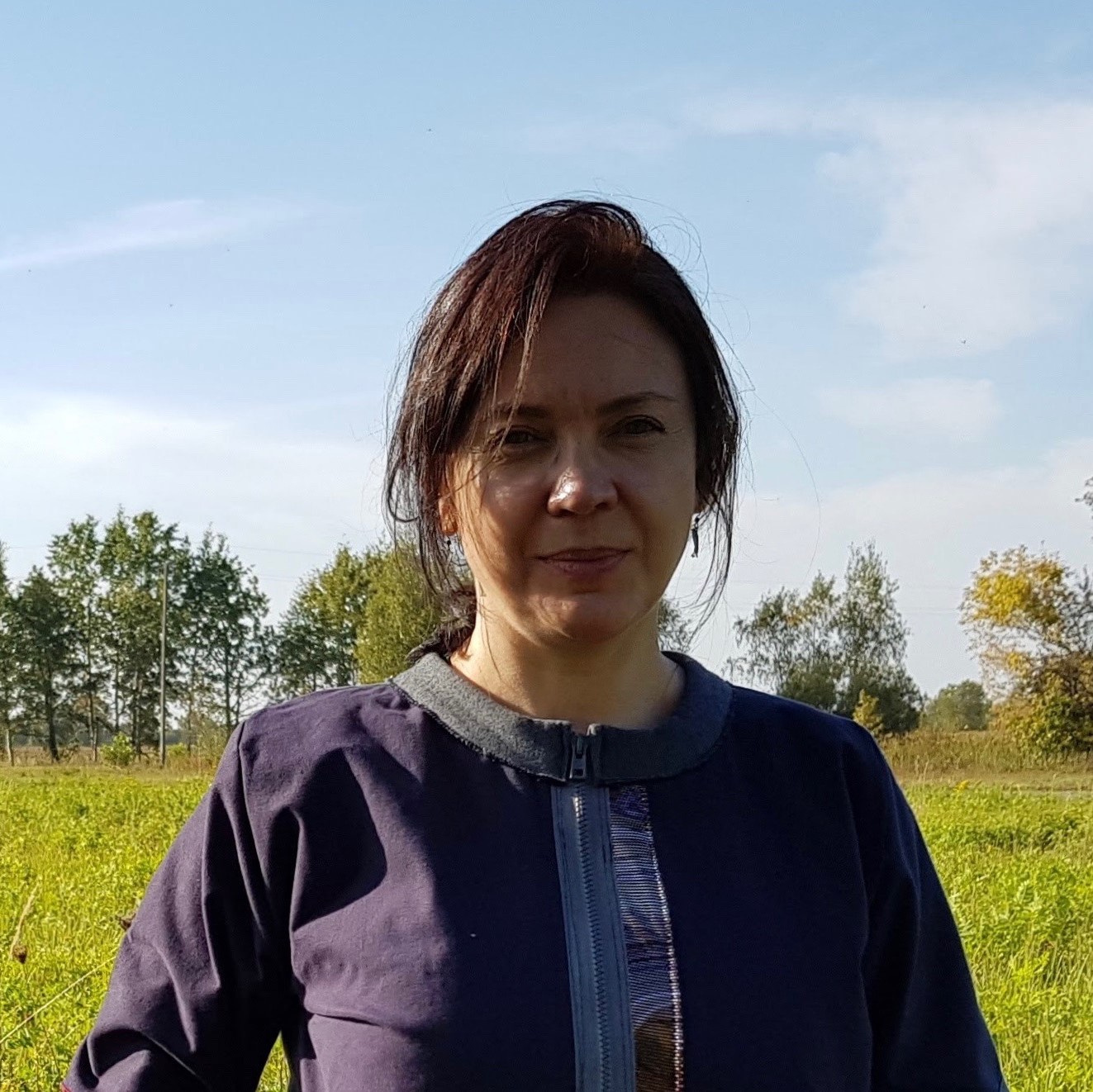
Dr Marzena Adamiak is part of a Research Group on Hermeneutic Philosophy, Poststructuralism, and Feminist Thought at IFiS PAN; board member of the Polish Phenomenological Association; author of books: O kobiecie, która nawiedza myśl. Kobieta jako figura inności w koncepcji podmiotu Emmanuela Lévinasa (2007), Przeżywając płeć. Doświadczenie na styku feminizmu, poststrukturalizmu i fenomenologii (2023). Her interests lie primarily in the field of theories of subjectivity, especially from the perspective of feminist philosophy, poststructuralism, and phenomenology.
E-mail: madamiak@ifispan.waw.pl


Mitchell Atkinson teaches the construction of academic and philosophical texts at the undergraduate and graduate levels, helping young researchers read across discursive divisions. He is an instructor and organizer for the gPHEN genetic phenomenology network and works periodically with the Husserl Archive.
His research interests include phenomenology, posthumanism, social theory, African-American studies, writing pedagogy, and musical experience.
In his work, Alterity and the Flint Water Crisis, Atkinson returned to his home city to understand the lived experience of the residents of Flint and the ways in which the crisis has informed their expectations for the future. This required a new analysis of the phenomenology of social invisibility as partially constituting the contemporary exercise of power.
Atkinson is also a writer of fiction and a moderately skilled manipulator of the electric fretted bass guitar. His mandolin refuses to stay in tune.
E-mail: atkinson.mitchell@gmail.com

Randall Auxier is Professor of Philosophy and Communication Studies at Southern Illinois University Carbondale. He is Editor of the Library of Living Philosophers, Co-editor of the SUNY Series in American Philosophical and Cultural Thought, Co-founder and co-director of the American Institute of Philosophical and Cultural Thought. He is Deputy Chief Editor of Eidos: A Journal for the Philosophy of Culture, and was co-founder and Editor in chief of The Pluralist (2006-2012), and before that of The Personalist Forum (1997-2006). He is author, co-author, editor or co-editor of 24 books and has published over a hundred articles/books chapters. His most recent books are Logic: From Images to AI (2023), and As Deep as It Gets: Metaphysics and the Movies (2022). He specializes in the philosophy of culture (including popular culture), metaphysics, logic, aesthetics, and rhetoric. He has been a political candidate, a radio host (2001 to present), a frequent contributor to newspapers and magazines, and is an active performing musician and songwriter.

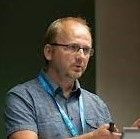

Alicja Bielak earned her Ph.D. from University of Warsaw in 2019. She is an executive board member of the Society for Emblem Studies, part of the editorial board of “Emblematica: Essays in Word and Image” journal. In 2018-2021, she was a lecturer and research fellow at the Artes Liberales Faculty (University of Warsaw). Since 2020, she is an assistant professor at the Institute of Philosophy and Sociology of the Polish Academy of Sciences, where she conducts research on students’ notebooks within the ERC Project, “From East to West, and Back Again.” She was a PI of 3 projects: Diamentowy Grant (funded by the Polish Ministry of Science and Higher Education, 2014-2018); Preludium (NCN, 2019-2023) and currently NPRH project “Daniel Naborowski – Poet, Physician, and Diplomat at the Court of the Radziwiłł family (Polish Ministry of Science and Higher Education).
Twitter: https://twitter.com/AlicjaBielak
E-mail: alicja.bielak@ifispan.edu.pl


Agata Bielik-Robson is a Professor of Jewish Studies at the University of Nottingham and a Professor of Philosophy at the Polish Academy of Sciences. She works on philosophical aspects of psychoanalysis, romantic subjectivity, and Jewish philosophical theology. Her publications include books: The Saving Lie. Harold Bloom and Deconstruction (Northwestern University Press, 2011), Judaism in Contemporary Thought. Traces and Influence (coedited with Adam Lipszyc, Routledge 2014), Philosophical Marranos. Jewish Cryptotheologies of Late Modernity (Routledge 2014), Another Finitude: Messianic Vitalism and Philosophy (Bloomsbury, 2019), and Derrida’s Marrano Passover. Exile, Survival, Betrayal and the Metaphysics of Non-Identity (Bloomsbury, 2023).
Email: abielik@ifispan.edu.pl
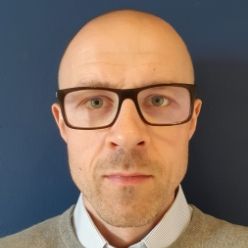
Current scientific interests: sociology of work, particularly the popularization of remote work and flexible forms of work, the impact of the pandemic on lifestyle changes, and the digital dimension of qualitative research.
In 2020-2022, he coordinated nationwide longitudinal qualitative research (three waves) devoted to the social implications of the pandemic experience in selected socio-demographic groups. An active member of the Polish and European Sociological Association.
ORCID: https://orcid.org/0000-0001-8081-5274
E-mail: pbinder@ifispan.edu.pl

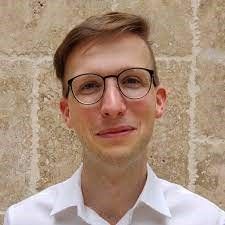
I use various neuroimaging methods (fMRI, sMRI, TMS) to study organization and plasticity of the brain in people with atypical sensory experience (for example, individuals born deaf or blind, or sighted subjects taught how to read with their hands – using the Braille alphabet). Studying such cases gives me an opportunity to address a broader question of how sensory experience and genetic blueprints interact to shape the human brain and cognition.
Email: lbola@psych.pan.pl


Baptiste Brossard is a sociologist currently working in the areas of critical mental health and historical sociology.
Email: bapstiste.brossard@york.ac.uk

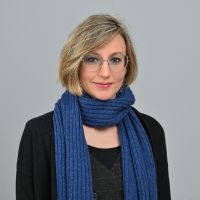
Luisa Brotto is a scholar of Renaissance and Early Modern thought. She holds a Ph.D. in Philosophy from Scuola Normale Superiore (2018. Dissertation title: Una filosofia che non prevede resa. La nozione di fides nell’opera di Giordano Bruno / On the notion of fides in the works of Giordano Bruno). In 2019, she was a postdoctoral fellow at Istituto Nazionale di Studi sul Rinascimento in Florence. She is now a NAWA Ulam – Seal of Excellence Fellow based at IFiS PAN. Her current research project (title: Typologies of Political Trust in Renaissance Europe. Teachings and Cultural Activity at the Academy of Zamość) focuses on the history of the concept of trust. The project deals with early 17th-century documents regarding the Academy of Zamość.
E-mail: luisa.brotto@alumni.sns.it

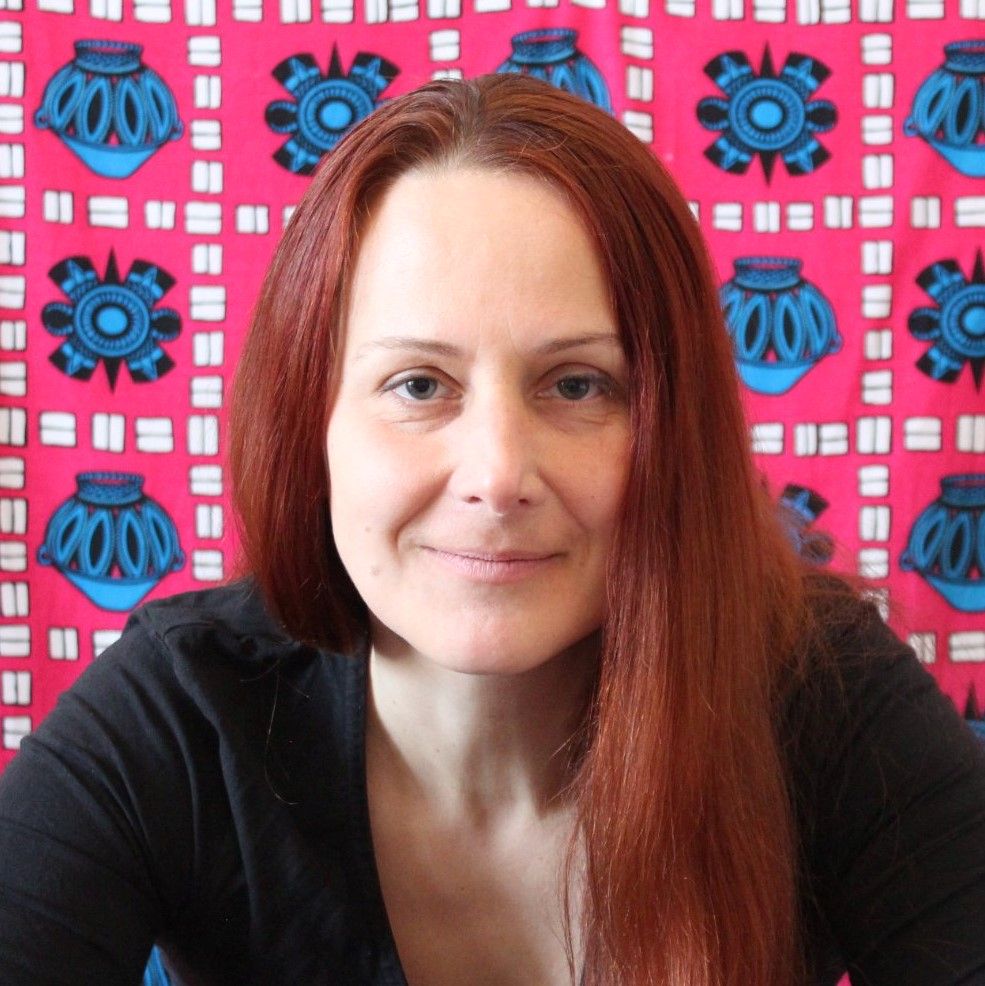
Marta Bucholc is Professor of Sociology at the Faculty of Sociology, University of Warsaw,
and Associate Researcher at the Centre de recherche en science politique, Université Saint-
Louis Bruxelles. She is the principal investigator in the research project “National habitus
formation and the process of civilization in Poland after 1989” (Poland’s National Science
Centre), and the Polish principal investigator in the Volkswagen Foundation grant “Towards
Illiberal Constitutionalism in East Central Europe.” Since 2022, she has been leading an ERC
Consolidator project “Using Human Rights to Change Abortion Law: Involvement Patterns
and Argumentative Architectures in the Global Figuration of Human Rights (Abortion
Figurations)”.
Email: bucholcm@is.uw.edu.pl

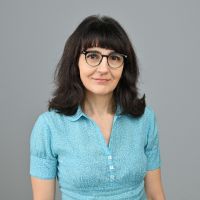
Galia Chimiak’s academic interests are in civil society, NGOs, development cooperation and global education. Since 2022, she has been a co-editor-in-chief of Voluntas: International Journal of Voluntary and Nonprofit Organizations (Springer Nature). Galia has taught at a number of Polish HEIs and Trinity College Dublin. In 2021-2023, she was Convenor of the Civil Society Study Group, Development Studies Association Ireland. She has acted as a reviewer or external examiner for the European Commission, academic journals, Polish and foreign HEIs, and various NGOs.
E-mail: gchimiak@ifispan.edu.pl

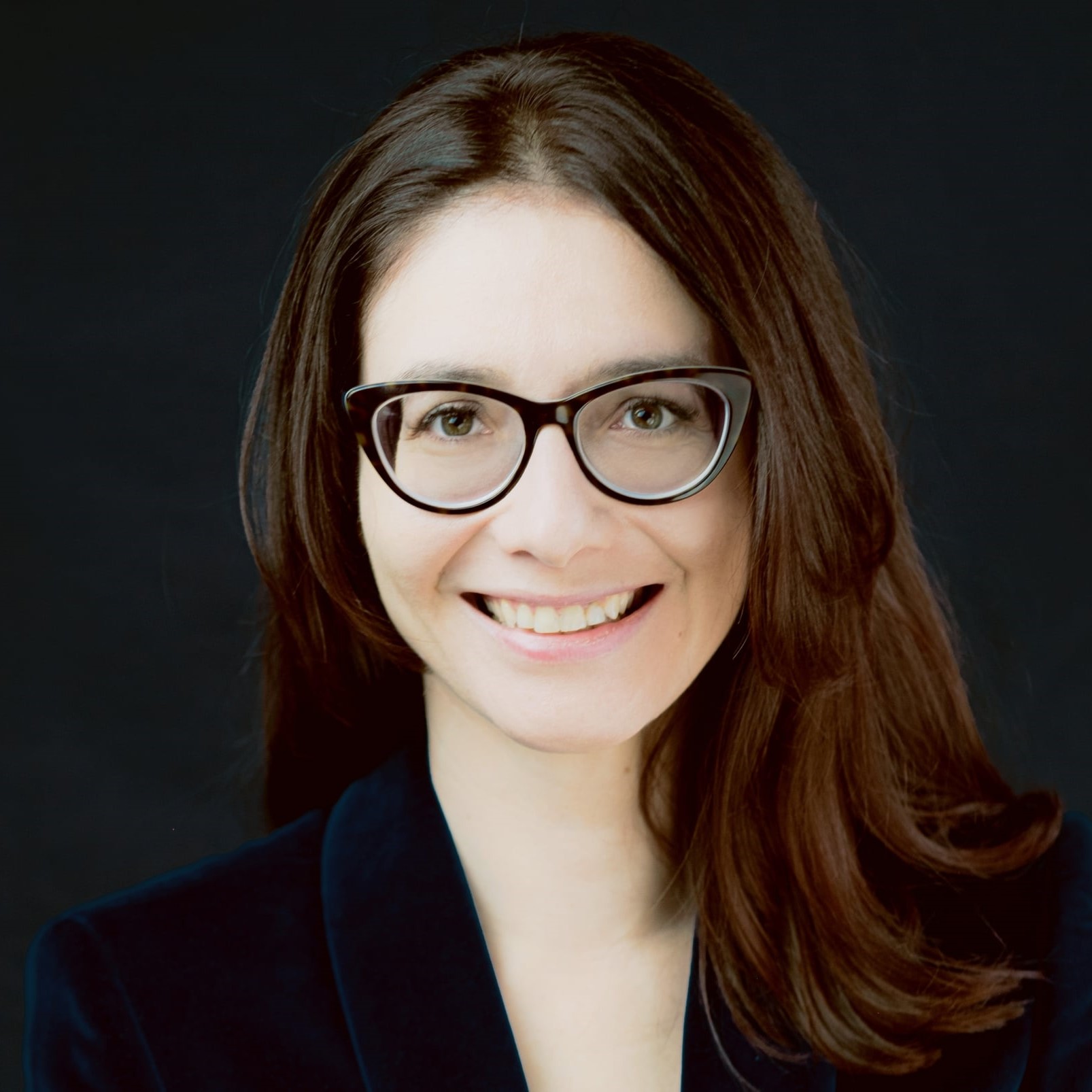
Agnieszka Cianciara is Associate Professor at the Institute of Political Studies of the Polish Academy of Sciences in Warsaw and Head of Department of International Organizations and Global Security Studies. In 2016-2020, she was Deputy Director of the Institute. Her research focuses on differentiated (dis)integration in Europe, EU external policies, European policies of Poland and France, as well as gender studies. Her last book “The Politics of the European Neighbourhood Policy” was published by Routledge in 2020. She published in “Journal of European Integration”, “Journal of Contemporary European Studies” and “Turkish Studies”, among others.
E-mail: agcian@isppan.waw.pl

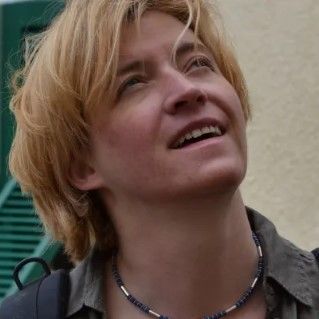
Paulina Codogni is a Professor of Political Science, affiliated with the Department of International Organizations and Global Security Studies at the Institute of Political Studies of the Polish Academy of Sciences, and a former deputy rector for international cooperation at Collegium Civitas. Her research interests include the period of political transformation in Poland and civil resistance.
Email: paulina.codogni@gmail.com
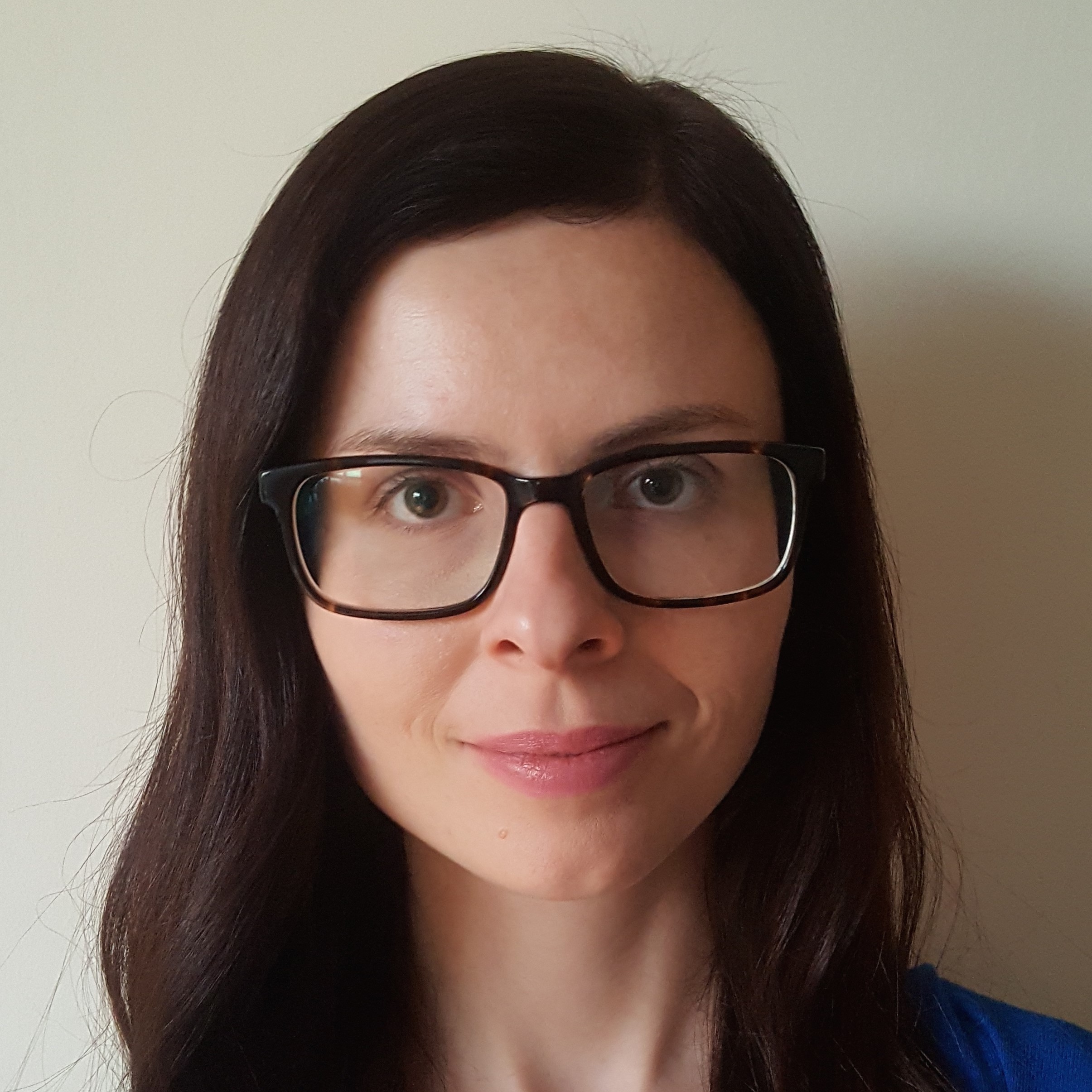
Dr Hana D’Souza is interested in the development of attention and motor abilities, and how these interact over developmental time and constrain other domains in typically and atypically developing children. Her research focuses on infants and toddlers with neurodevelopmental disorders of known genetic origin, such as Down syndrome, fragile X syndrome, and Williams syndrome.
Email: dsouzah@cardiff.ac.uk

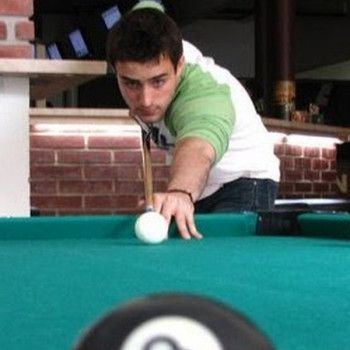
Dr Paweł Dobrowolski is an Assistant Professor at IP PAN, Department of Psycholinguistics & Cognitive Psychology, His research interests are focused around topics in cognitive psychology and cognitive neuroscience – primarily cognitive/neuroplasticity, cognitive training, and cognitive aging. I’ve made use of many different measurement techniques along these lines, including behavioral paradigms, eye-tracking, and EEG. I have also conducted research on skill learning in virtual environments. Lately, his interests also extend into machine learning and artificial neural networks.
Email: pawel.dobrowolski@psych.pan.pl

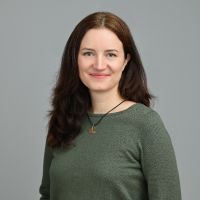
Dr Ewa Domaradzka is an assistant professor at the Institute of Psychology of the Polish Academy of Sciences. Her research interests include psychological wellbeing and its relationship with nature, Nature-Based Solutions, urban mental health, emotion regulation, anxiety, and depression. She is a member of the GSSR Doctoral School Council. At GSSR, she teaches Personality and Individual Differences.
E-mail: edomaradzka@psych.pan.pl

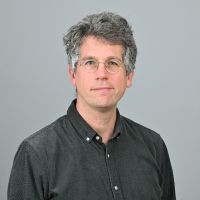
Joshua Dubrow is a PhD from The Ohio State University and a Professor of Sociology at IFiS PAN. He teaches academic writing. His research has been published in Social Forces, World Development, Party Politics, American Behavioral Scientist, Current Sociology, Social Science Quarterly, Quality & Quantity, and elsewhere. He is Editor-in-Chief of Occam’s Press and The Sociology Place. His main research has been on politics and inequality.
Email: dubrow.2@osu.edu

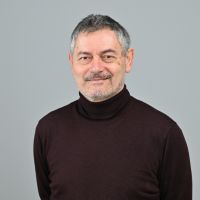
A historian of philosophy, he focused on the Western Aristotelian tradition and the teaching of ancient philosophy in Central Europe in the early-modern age. He directed a project on Aristotelian philosophy in Poland in the early 17th century (NPRH 2014-2019). Member of the board of “Odrodzenie i Reformacja w Polsce” and “Archiwum Historii Filozofii i Myśli Społecznej”. Currently collaborating on the project on knowledge transfer in the early modern age directed by V. Lepri (ERC 2021-2025). Prof. Danilo Facca is the Deputy Director IFiS PAN (philosophy) and the Director of the Dpt. of Modern and Conteporary Philosophy at IFiS PAN.
E-mail: dfacca@ifispan.edu.pl
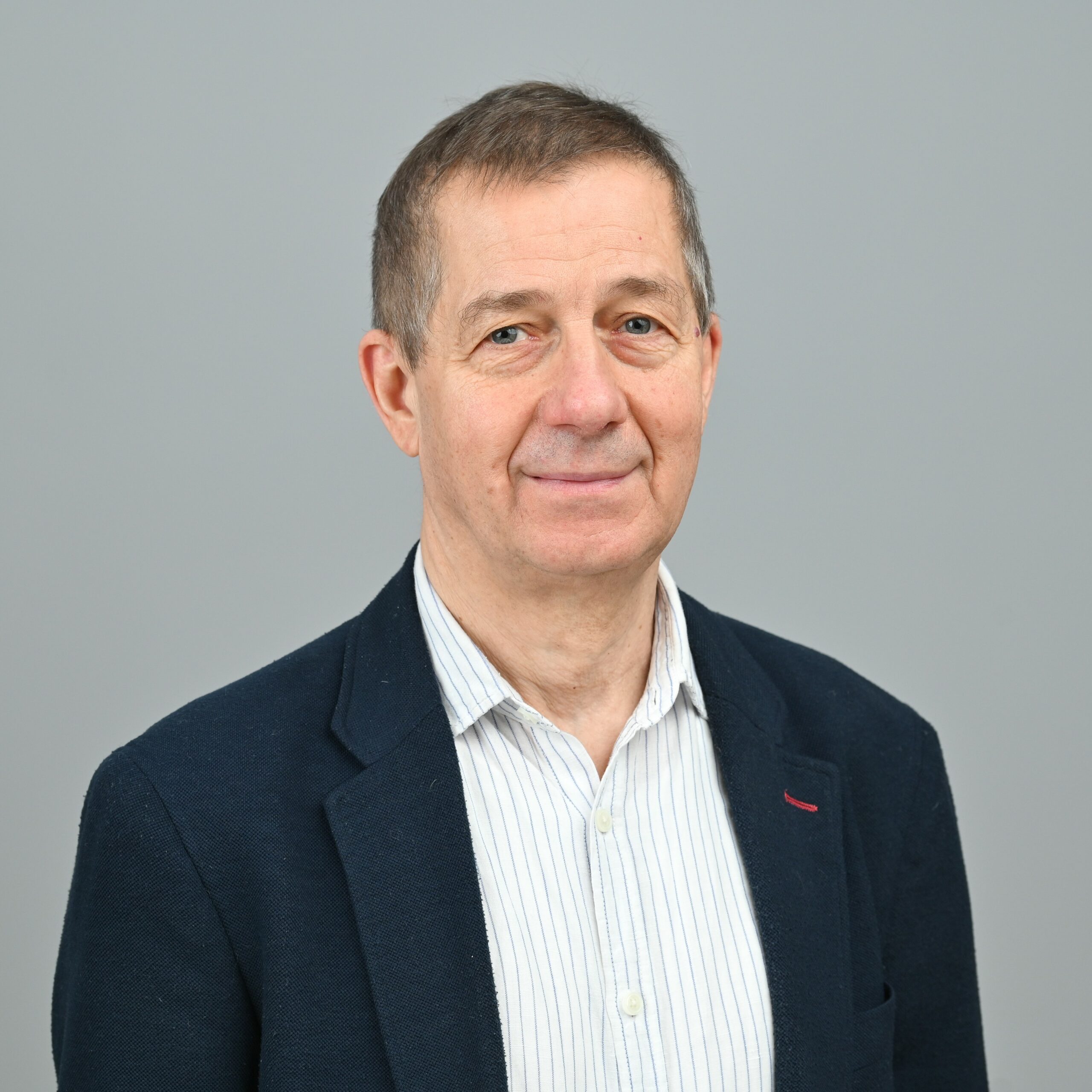

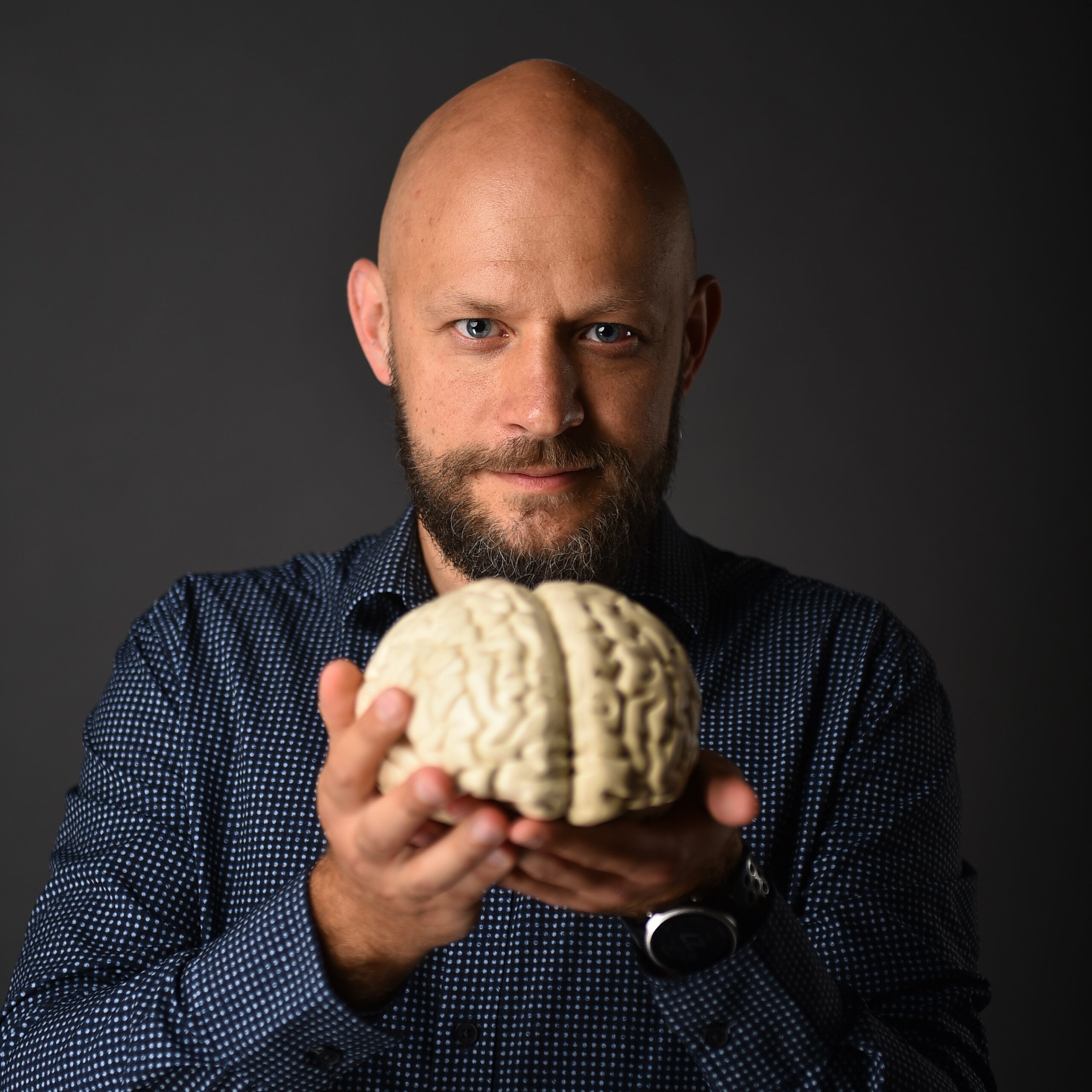
Prof. dr hab. Mateusz Gola is a psychotherapist and neuroscientist helping individuals with behavioral addictions through his clinical work and research. He is a Professor of Psychology at the Polish Academy of Sciences and a Research Professor at the University of California San Diego. Prof. Gola authored and co-authored over 120 research publications on the neuroscience of addictive behaviors, including the first studies allowing for a better understanding of neural mechanisms underlying compulsive sexual behaviors. In his free time, he writes books and develops new mobile technologies supporting addiction recovery.


Maria Gołębiewska – philosopher and philologist, Associate Professor at the Institute of Philosophy and Sociology of the Polish Academy of Sciences (PAS), Group for the Philosophy of Culture. She completed doctoral studies at the School of Social Sciences of the Institute of Philosophy and Sociology of the PAS (1992-1996), and at the École des Hautes Études en Sciences Sociales (EHESS) in Paris (1996-1997). Her fields of research – contemporary philosophy (phenomenology, philosophy of existence, structuralism and post-structuralism), the modern sources of contemporary philosophy, the epistemological, linguistic, and axiological questions; nowadays, her studies concern the topics of receptivity and normativity, considered in the phenomenological context.
Email: maria.golebiewska@ifispan.edu.pl

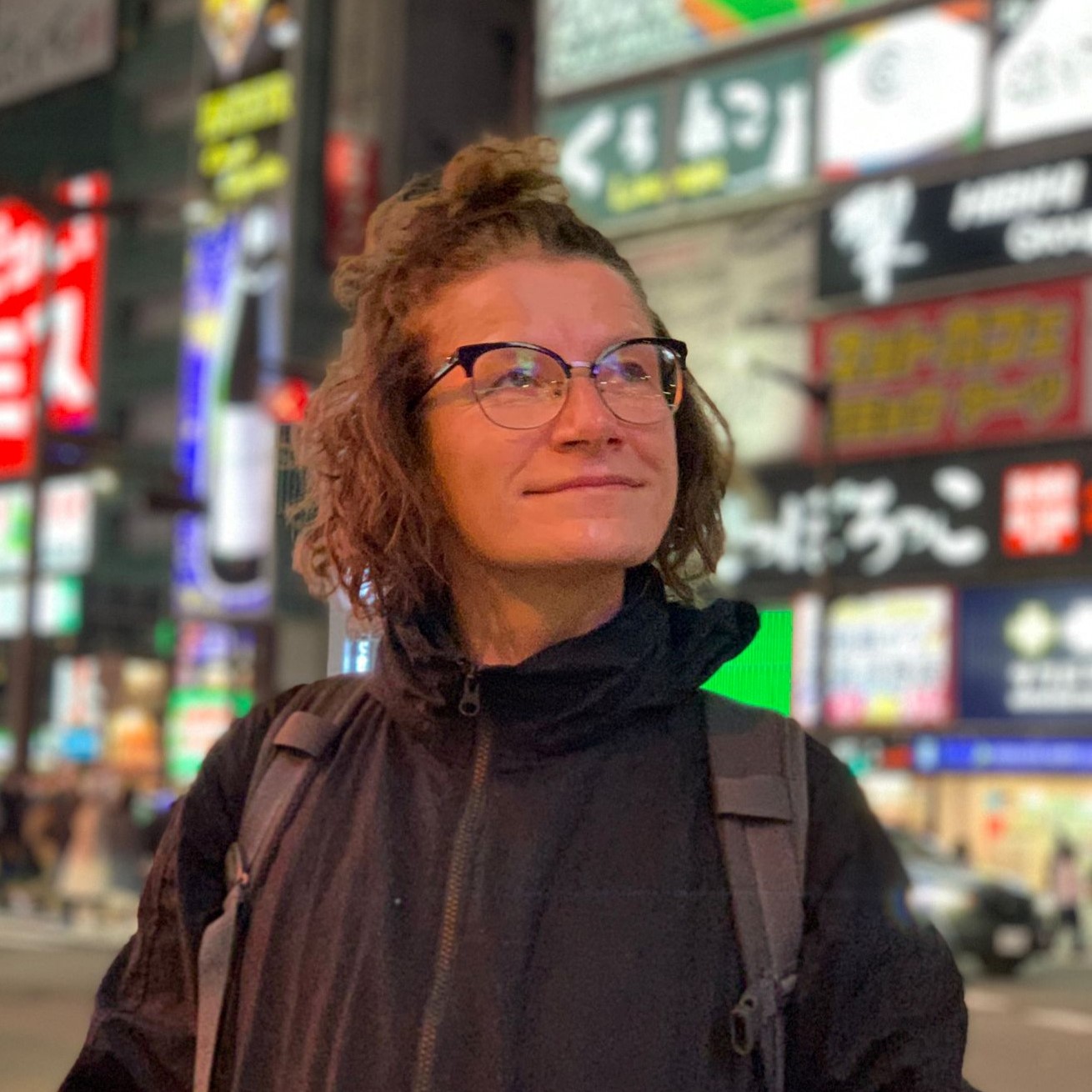
Magdalena Grabowska is a sociologist and a professor at the Institute of Philosophy and Sociology of the Polish Academy of Sciences. She is the author of the book Broken genealogy: Social and political women’s activism after 1945 and contemporary women’s movement in Poland (2018), and a co-author of a Feminist Fund report Where there is an oppression, there is a resistance (2022). Her academic interests span the history of emancipation movements, postcoloniality and post-socialism, and transnational feminisms. She also conducts activist research on violence and sexual violence against women, reproductive rights, women’s equality, and feminist and queer social mobilizations.


Sociologist of culture, Prof. Jarecka conducted academic classes in cultural studies, media sociology, sociology of culture, and sociology of war at universities such as Adam Mickiewicz University in Poznań, University of Białystok, and the University of Warsaw. Since 1998, she is affiliated with IFIS PAN, where she heads the Department of Theory of Culture (since 2013). Prof. Jarecka is interested in researching cultural aspects of technology, and has authored numerous articles on sociology of culture.
E-mail: ujarecka@ifispan.edu.pl

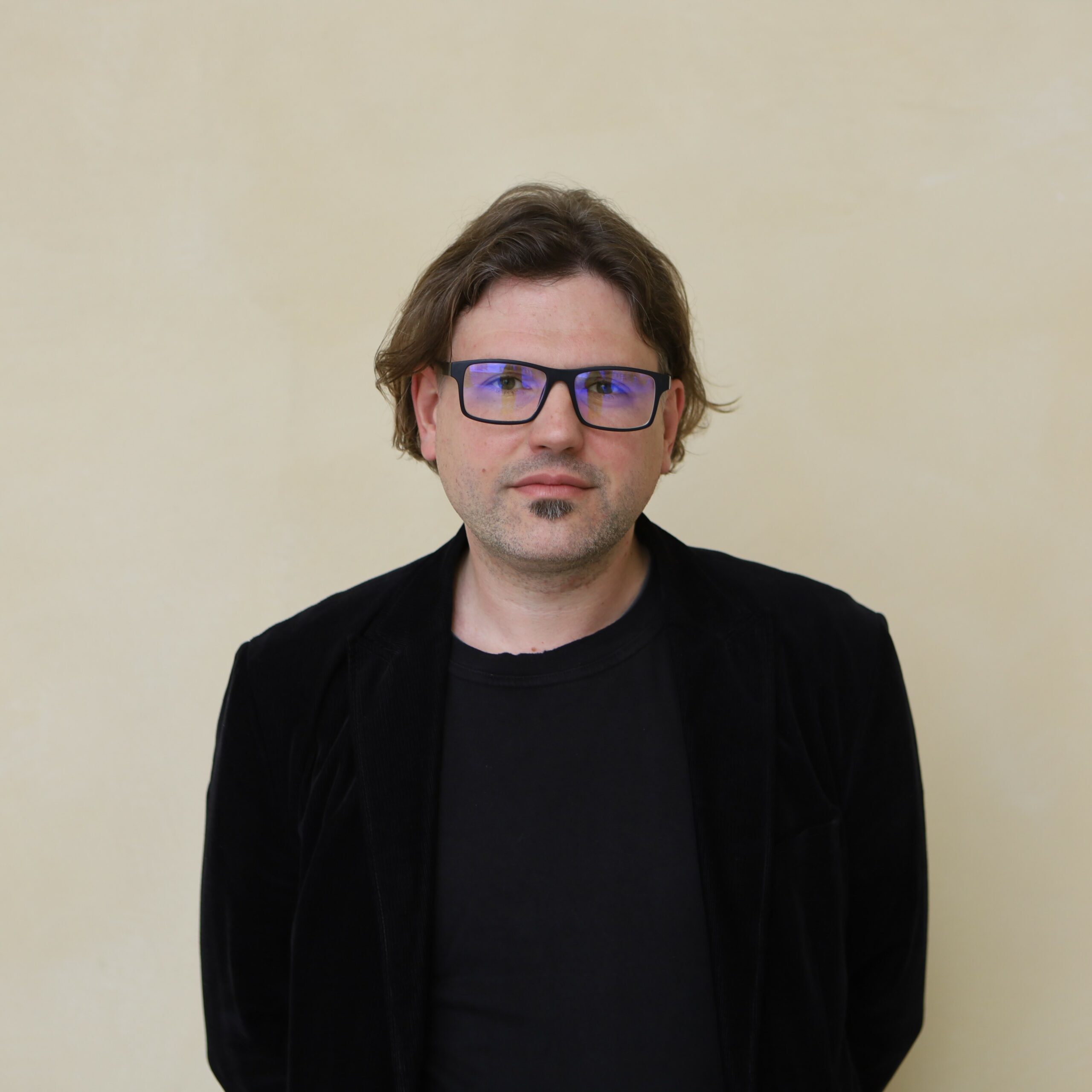
Tom Junes is Assistant Professor at the Institute of Political Studies of the Polish Academy of
Sciences. He holds a Ph.D. from the KU Leuven (Belgium) and as a postdoctoral researcher he has
held fellowships in Warsaw, Vienna, Budapest, Helsinki, Potsdam, Jena, Sofia, and Florence. His
research interests cover Eastern European history and Cold War history with a focus on youth and
student movements, communist and socialist party politics, and post-1989 protests. He has previously
taught Eastern European history and politics at the KU Leuven and the European University Institute
in Florence.

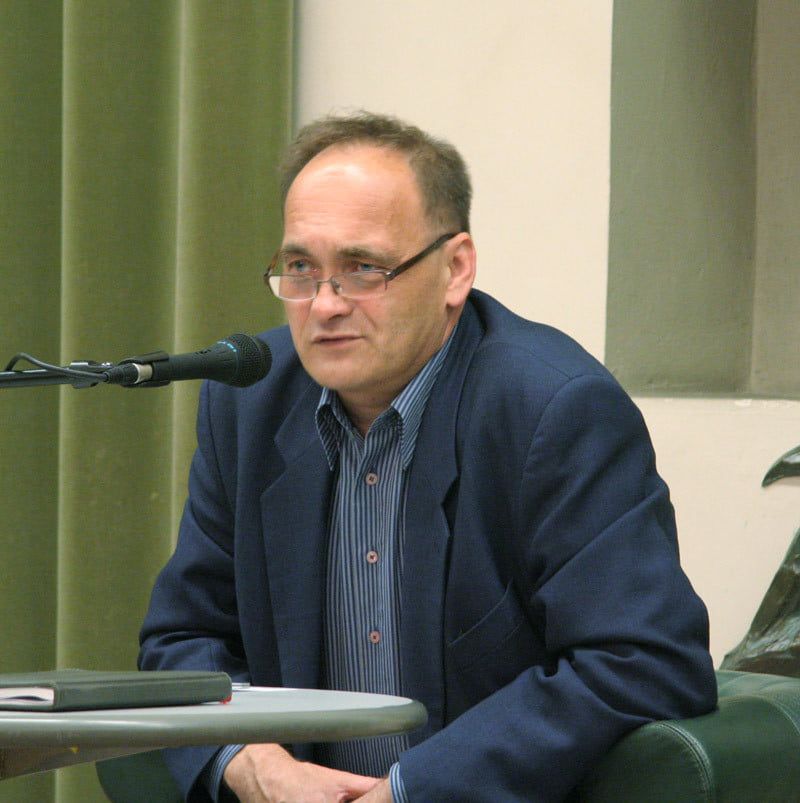
Prof. Sławomir Kapralski graduated from the Jagiellonian University in Krakow where he also received his PhD in Sociology and started his academic career. Then for many years, he was associated with the Central European University (Prague, Warsaw, Budapest). Former Senior Fellow at the Vienna Wiesenthal Institute for Holocaust Studies, and Senior EURIAS Fellow at the Swedish Collegium for Advanced Study in Uppsala. Focused on the theory of culture, nationalism, ethnicity and identity, collective memory, antisemitism, the Holocaust, and the Roma communities in Europe.
Email: s_kapralski@hotmail.com
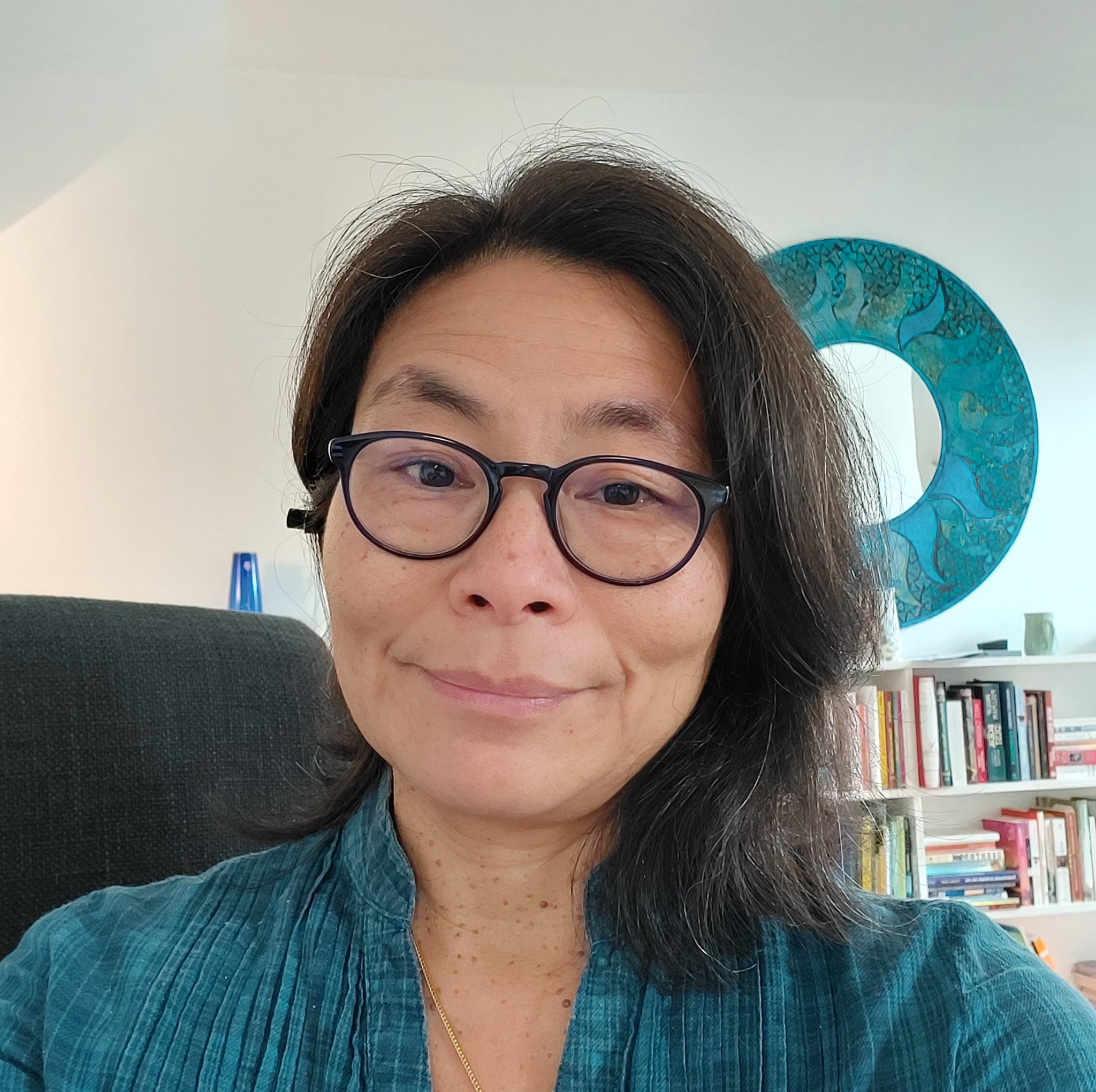
Dr Su-ming Khoo is Associate Professor and Head of Sociology at the University of Galway, Ireland, and Chair of the Socio-Economic Research Cluster at the Ryan Institute, University of Galway. She is Visiting Professor in Critical Studies in Higher Education Transformation (CriSHET) at Nelson Mandela University, South Africa (2022-2027). She researches, teaches and writes about human development, rights, public goods, public activism, global learning and development education, decoloniality, higher education and transdisciplinarity.
E-mail: suming.khoo@universityofgalway.ie


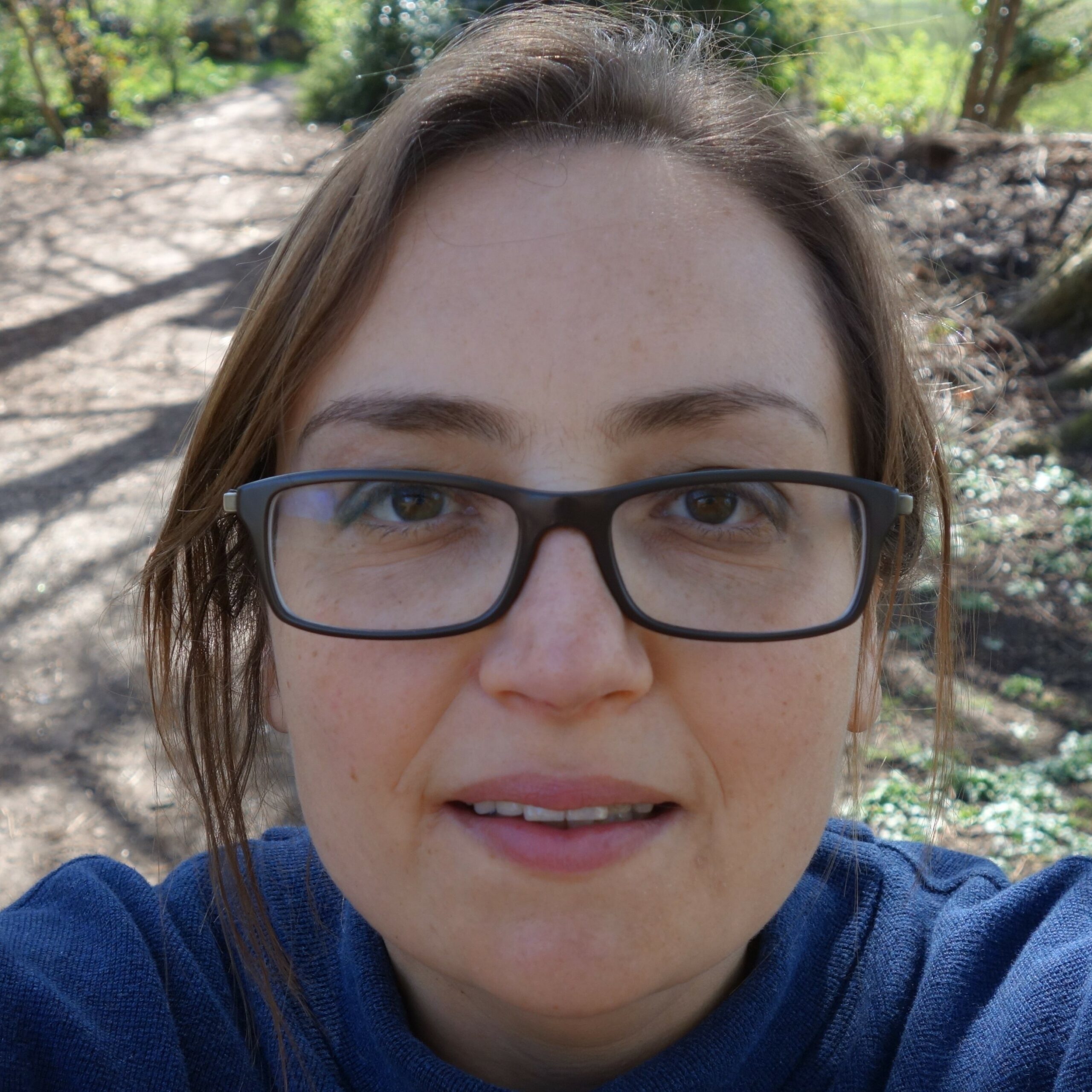
Agnieszka Kościańska received her PhD (2007) and habilitation (2015) in ethnology/cultural anthropology from the University of Warsaw, Poland. She is an associate professor at the Department of Ethnology and Cultural Anthropology, University of Warsaw. Her research interests include gender, sexuality, sexual violence, religion, and racism. She is the author and (co)editor of several volumes on gender, sexuality, and discrimination, including Odejdź. Rzecz o polskim rasizmie (Go Away: On Polish Racism; with Michał Petryk, 2022, Wydawnictwo Krytyki Politycznej), Zobaczyć łosia (To See a Moose. The History of Polish Sex Education, Czarne, 2017, English edition Berghahn Books, 2021), Płeć, przyjemność i przemoc (Gender, Pleasure and Violence: The Construction of Expert Knowledge of Sexuality in Poland, Warsaw University Press, 2014; English edition Indiana University Press 2021), Potęga ciszy (The Power of Silence, Warsaw University Press, 2009).
E-mail: akoscianska@uw.edu.pl

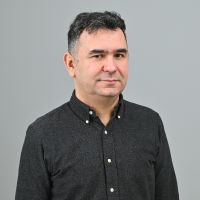
Dr. Michal Kotnarowski is a sociologist and political scientist. His research interests include electoral behaviour, international comparative studies, political culture and social research methodology. He has authored and co-authored several books and more than a dozen articles. He published in Party Politics, Acta Politica, Communist and Post-Communist Studies, European Sociological Review, Studia Socjologiczne and Studia Regionalne i Lokalne. Since November 2021, he has been the National Coordinator for Poland of the European Social Survey.
E-mail: kotnarowski@ifispan.edu.pl

Kuba Krys is a macropsychologist specializing in large cross-cultural studies covering several dozen countries from all inhabited continents. Cultural sensitivity applied to societal development and well-being is currently his main area of scientific interest. Since 2012, Kuba is working at the Institute of Psychology of the Polish Academy of Sciences, where he currently holds a position of Associate Professor. In 2017–2019, as a Fellow of the Japan Society for the Promotion of Science (JSPS), he joined Yukiko Uchida’s team at Kyoto University. In his work, Kuba crosses the boundaries the culture imposed on us.
Email: kkrys@psych.pan.pl


Email: jkurczew@ifispan.edu.pl

I am the associate professor at the Institute of Philosophy and Sociology of the Polish Academy of Sciences, Head of the Philosophy of Culture Unit. I am working in the fields of French Theory, Psychoanalysis, Social and Political Philosophy, and the Philosophy of Culture. My recent research and a book are dedicated to the analysis of the language of economics from the perspective of Lacanian psychoanalysis. My most important books in Polish are: “The Teaching of Freud in the Time of Sein und Zeit” (2007) about the philosophy of Psychoanalysis, “Sleepwalking the Revolution” (2014), about the recent history of Poland from a psychoanalytical perspective, and “The Scratch on the Glass” (2016), on the history of ideas in the XXth century. I published also in English: “The Changing Guise of Myths” and in German: “Polen in Wachtraum. Die Revolution 1939-1956 und Ihre Folge”, as articles in English and French revues. I teach in the doctoral school (GSSR) in IFiS PAN. Have been a visiting professor at Sorbonne University (Paris), I have also delivered lectures in US (Yale, Princeton) and German (Koeln, Hamburg, Frankfurt/M) Universities. I live in Warsaw.
Email: andrzej.leder@ifispan.edu.pl

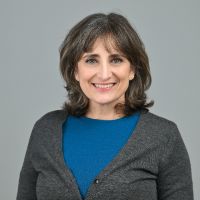
Valentina Lepri is an intellectual historian and a historian of knowledge.
After obtaining a PhD in Florence, she was a postdoctoral research fellow in Germany, at the University of Warsaw, and at the Harvard University Center for Italian Renaissance Studies – Villa i Tatti. She was also awarded a Marie Sklodowska-Curie Fellowship and a senior Fernand Braudel Fellowship at the European University Institute.
Professor Lepri is currently the Principal investigator of the ERC consolidator project KnowStudents, and the Head of the Centre for the History of Renaissance Knowledge at IFiS PAN.
E-mail: vlepri@ifispan.edu.pl
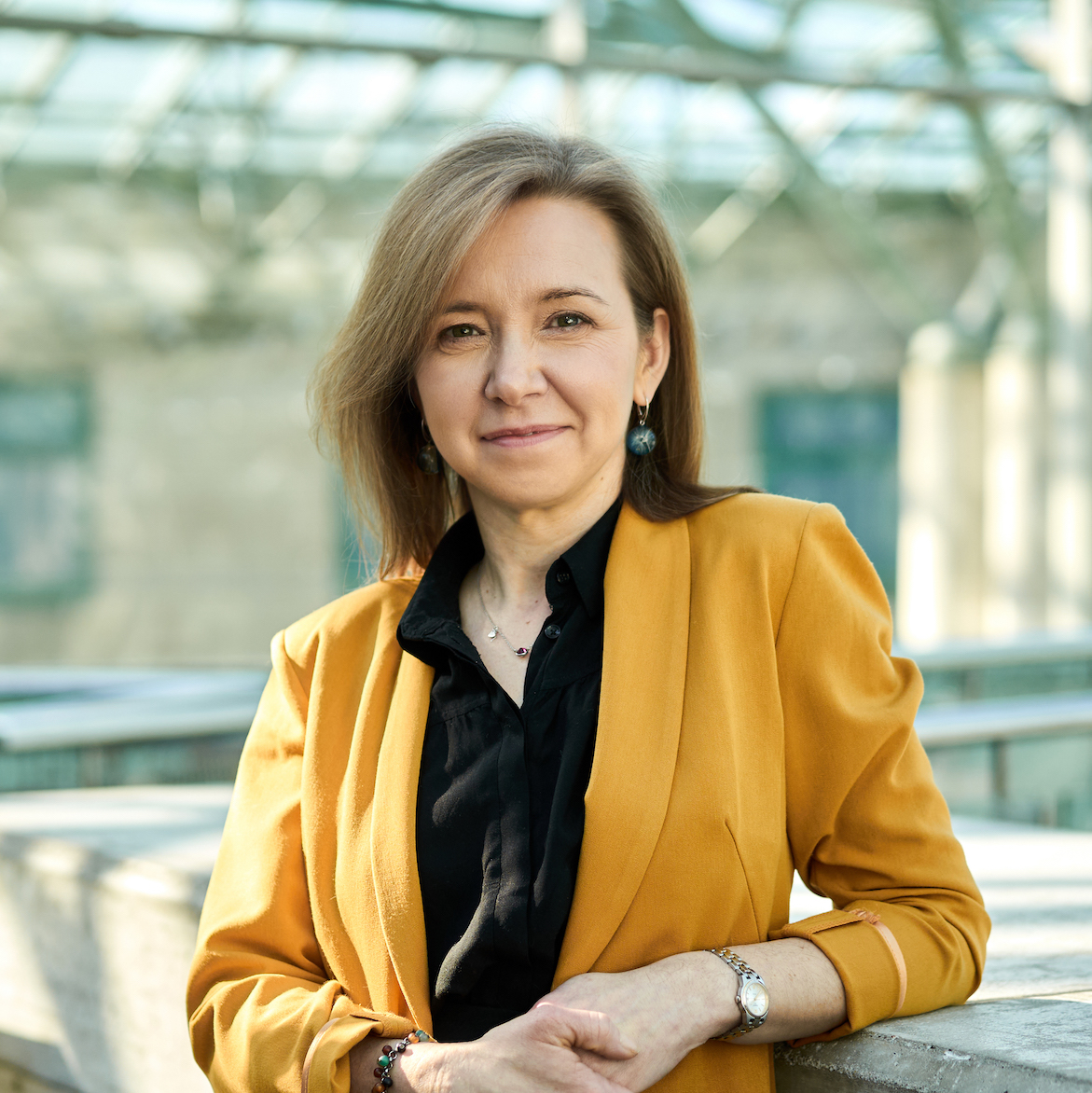
Dr hab. Natalia Letki has trained as a sociologist, but her research falls at the intersection of sociology, political science and psychology, as she researches attitudes and behaviour towards public goods, including tax and pro-environmental behaviour and co-production, as well as social capital, social trust and corruption. She also has an extensive experience in research on ethnic minorities, and party policy and electoral strategy in post-Communist countries. Methodologically, she specializes in quantitative survey research, including survey experiments. She is widely experienced in working with cross-national survey data, including survey design and implementation.
Email: n.letki@uw.edu.pl

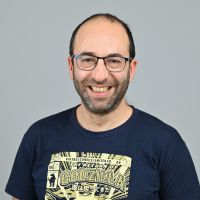
I am the head of the Center for Psychoanalytic Thought at the Institute of Philosophy and Sociology of the Polish Academy of Science. I have published several books in Polish and a number of papers in Polish and English. In my work, I focus on the philosophical implications of psychoanalysis, philosophy of literature, as well as on 20th-century Jewish thought.
E-mail: adamlipszyc@gmail.com

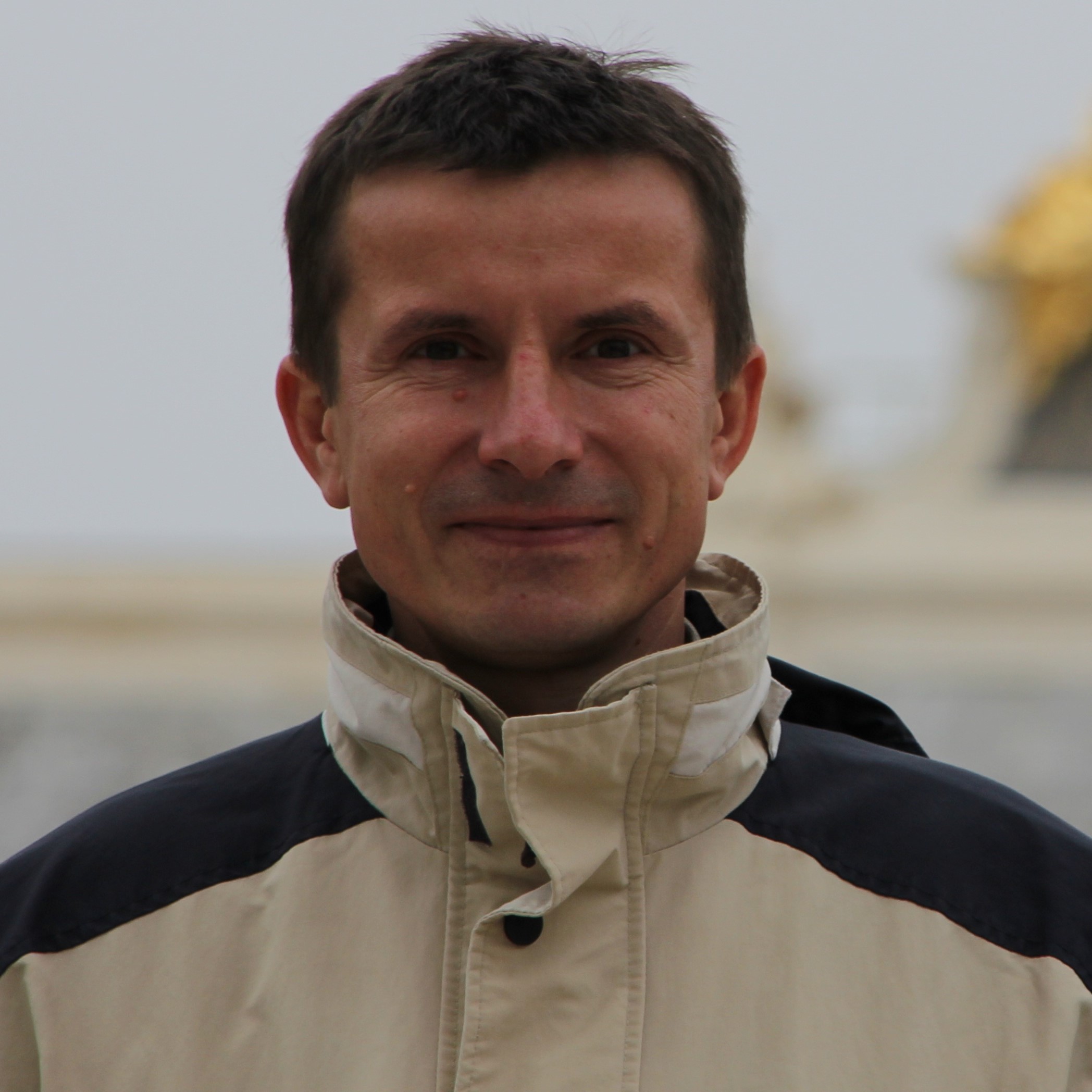
Piotr Matczak is professor in the Faculty of Sociology at Adam Mickiewicz University in Poznań, Poland. His interests focus on governance and institutional aspects of public policies concerning natural disasters, water management, climate change, and environmental protection. He chaired the Environmental Sociology Section of Polish Sociological Association, is Member of the Board of Sociology of Risk and Uncertainty Research Network of European Sociological Association (2010-13), Member of Editorial Board of Society and Natural Resources and Water journals.
E-mail: matczak@amu.edu.pl

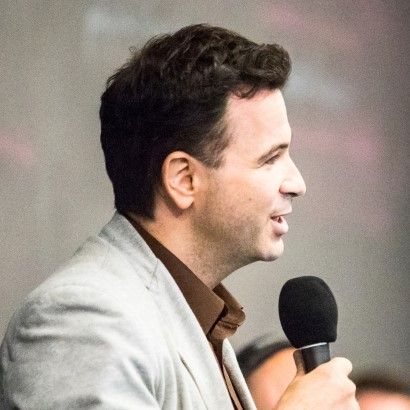
Prof. Marcin Miłkowski is the Head of the Section of Logic and Cognitive Science. Philosopher of cognitive science, focused on philosophy of science in practice, computational explanation and modeling, artificial intelligence, with a bent on natural language processing. Recently doing digital philosophy of science.
E-mail: marcin.milkowski@gssr.edu.pl

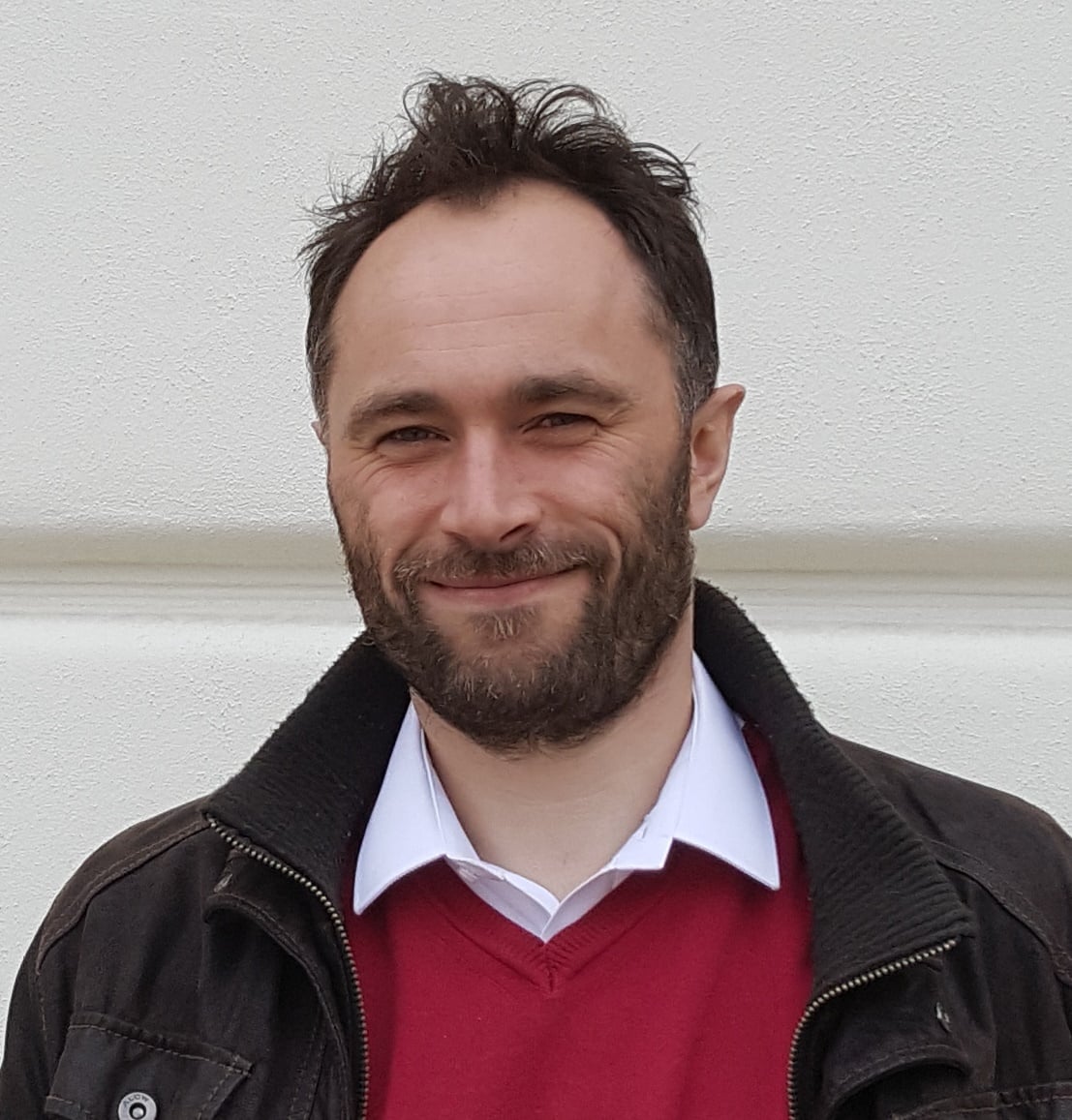
Dr. hab. Krzysztof Niedziałkowski is an Associate Professor at the Institute of Philosophy and Sociology, Polish Academy of Sciences. His academic interests include environmental sociology, politics and governance. His research examines the development of environmental institutions over time and their relationship to social controversies over the use of natural resources. His work has been published in journals such as Conservation Biology, Ecology and Society, Ecological Economics, Environmental Sociology and Land Use Policy.
Email: kniedzialkowski@ifispan.edu.pl

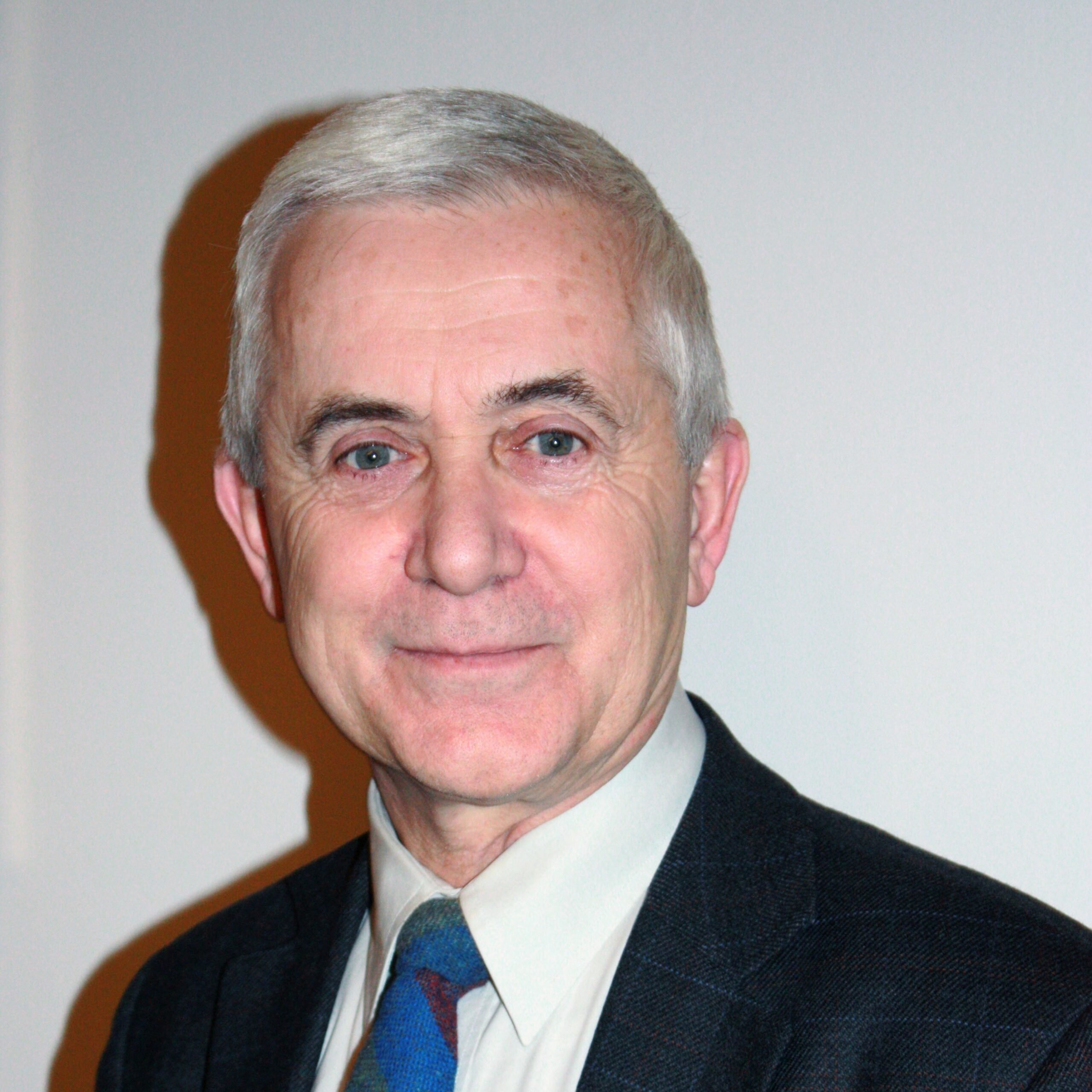
Cofounder of the GSSR at IFiS PAN. Working in the Institute of Philosophy and Sociology for fifty years till April 2023. Since 1987 collaborated with the Club of Rome. Specialized in the philosophy of social sciences and European integration. In 1976/1977 and 1985/1986, visiting professor in SUNY at Stony Brook. Currently board member of the Future Studies Committee at the Polish Academy of Sciences. Over 100 major publications.
Email: jniznik@ifispan.edu.pl
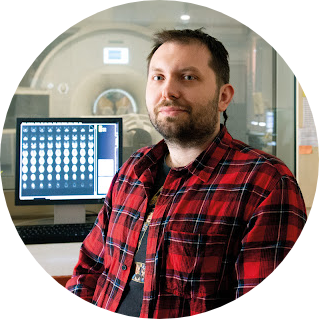
Łukasz is an associate professor at the Institute of Psychology, Polish Academy of Sciences, and the Head of the Social Neuroscience Lab at the Institute of Psychology, PAS. He started his academic career in the field of clinical neuropsychology by investigating cognitive, affective, and social cognitive deficits in patients with schizophrenia. Currently, his research focuses on the impact of loneliness and social isolation on social brain activity and explores how physical, psychical, and social realms are intertwined and how they influence each other. He received his Ph.D. (November 2016) and habilitation (October 2018) from the University of Warsaw, an MA in Psychology from the University of Łódź (2012), and MSc in Mathematics from the Technical University of Łódź (2010).


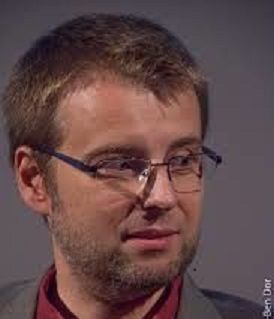
Deputy Director for Research at IPS PAN. Historian specialising in the history of communist Poland, propaganda, oral history, collective bioghraphies (prosopography) and perpetrator studies
E-mail: poseka@isppan.waw.pl

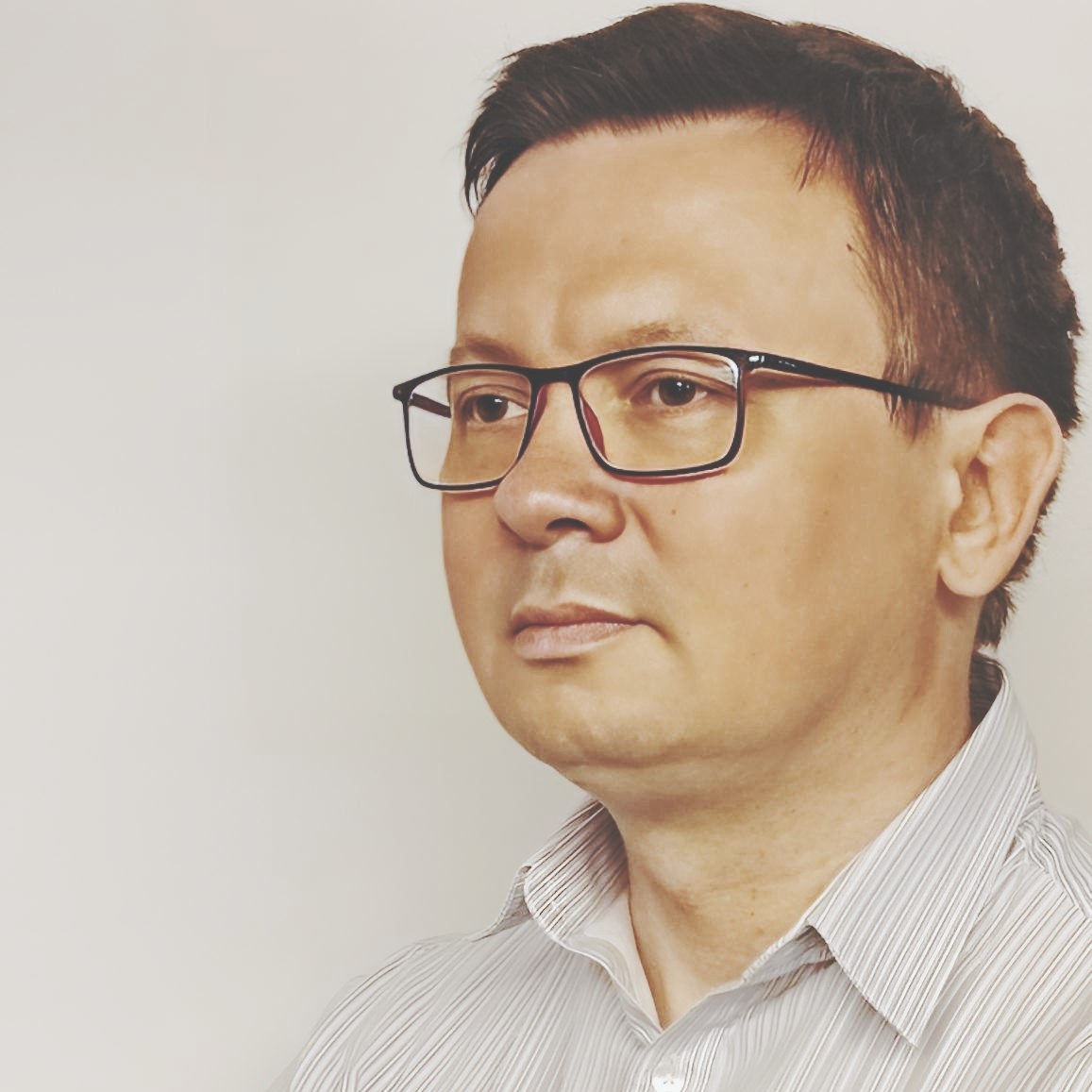
Head of Virtual Reality and Psychophysiology Lab at the Institute of Psychology, Polish Academy of Sciences. His research interests are focused on social psychology, attitudes, social influence, virtual reality and copresence.
Email: gpochwatko@psych.pan.pl
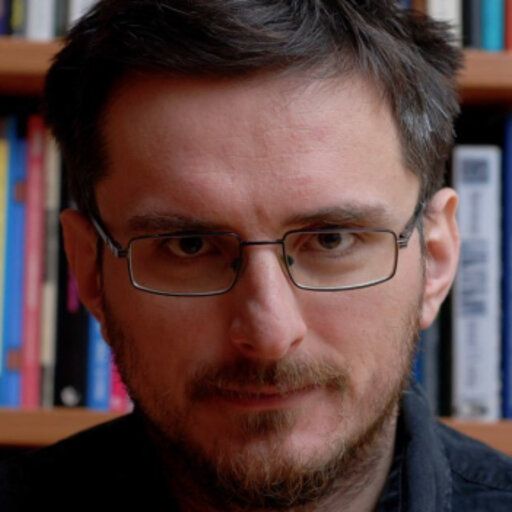
Email: apokropek@ifispan.edu.pl

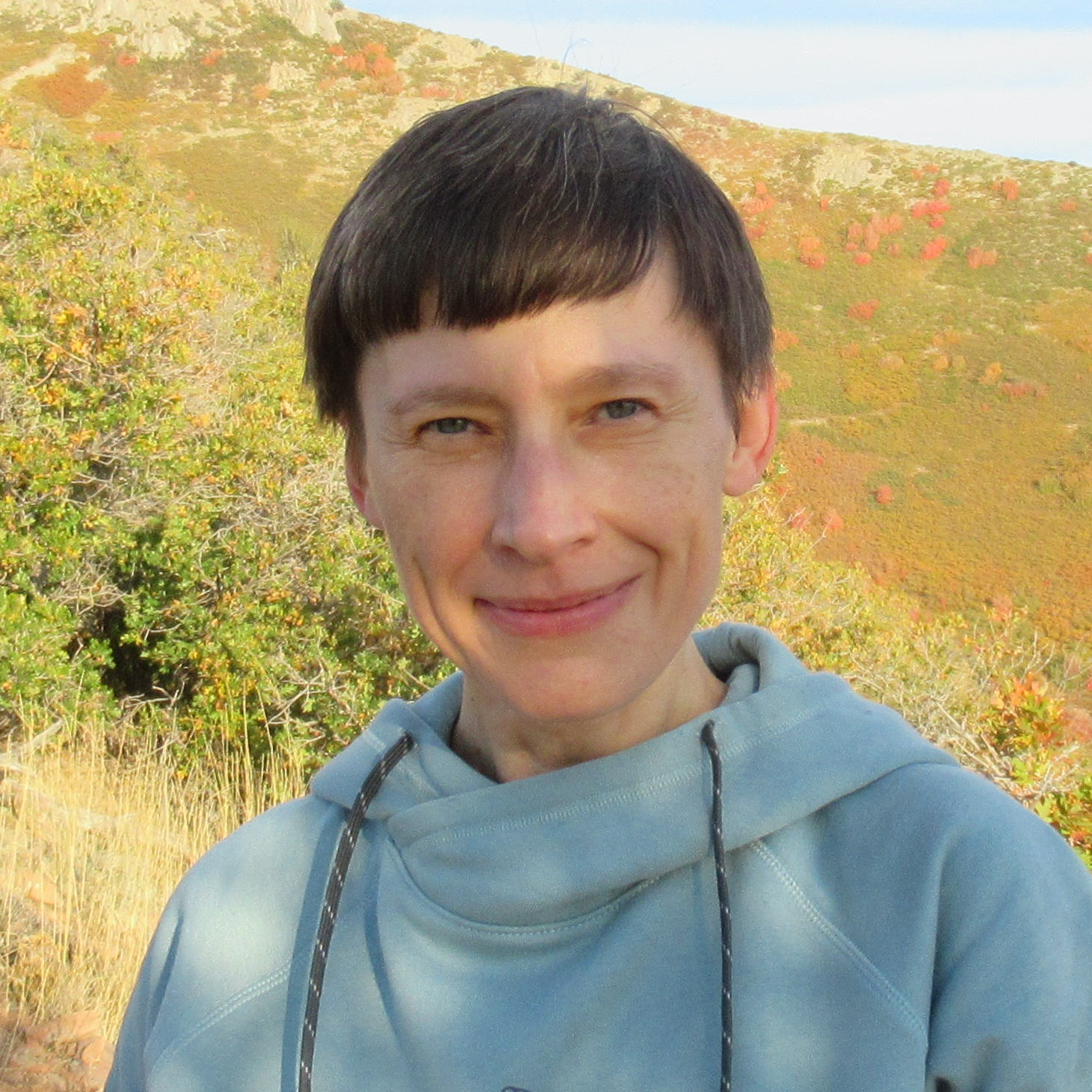
Head of the Rare Disease Social Research Center at IFiS PAN.
I am an anthropologist and sociologist interested in health and disease, medical technologies, and bioethics. Since 2016, I have examined rare (metabolic) diseases in Finland and Poland by attending to the experiences of patients and their caregivers and how they relate to biomedical knowledge production, medical technologies, healthcare policies, and “small” data. My previous research scrutinized blood transfusion refusal in the context of bioidentity, bioethics, and religion among Jehovah’s Witnesses in former East Germany. I published in “Anthropology & Medicine,” “Bioethics,” and “Social Science and Medicine” among others.
E-mail: mrajtar@ifispan.edu.pl

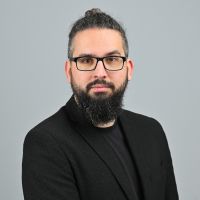
Philosopher, editor, and translator, working on political philosophy, history of concepts and genealogy of social sciences. Co-founder and editor of the journal “Praktyka Teoretyczna” (2010-2020) and commissioning editor for philosophy and social sciences at PWN Publishing House (2012-2015). Since 2017 instructor at GSSR, Secretary of the Research Group for the Philosophy of Culture at IFiS PAN, occasionally lecturer at the University of Warsaw and Collegium Civitas. His book on the history and current developments of the contemporary Italian political philosophy was nominated for the Marcin Król Award in 2022.
E-mail: mikolaj.ratajczak@gmail.com

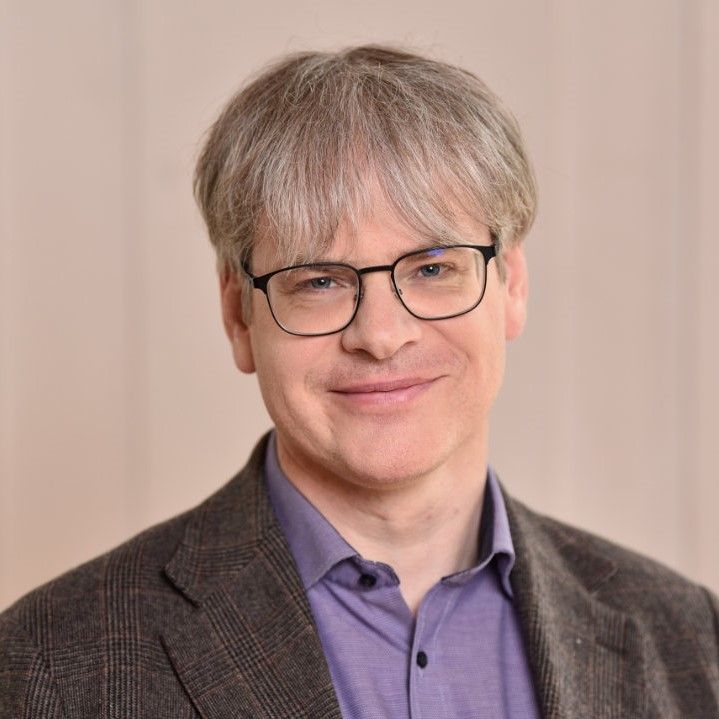
Matthias Roick is an expert in the history of ethics and early modern Latin book culture. He did his MA in philosophy and literature at the University of Munich and received his Ph.D. in European History and Civilization from the European University Institute in 2009. He continued his postdoctoral research at the University of Göttingen, at the Warburg Institute in London, and at the Herzog August Bibliothek in Wolfenbüttel. He joined the Institute of Philosophy and Sociology of the Polish Academy of Sciences as a postdoctoral fellow in 2022.
E-mail: matthias.roick@ifispan.edu.pl

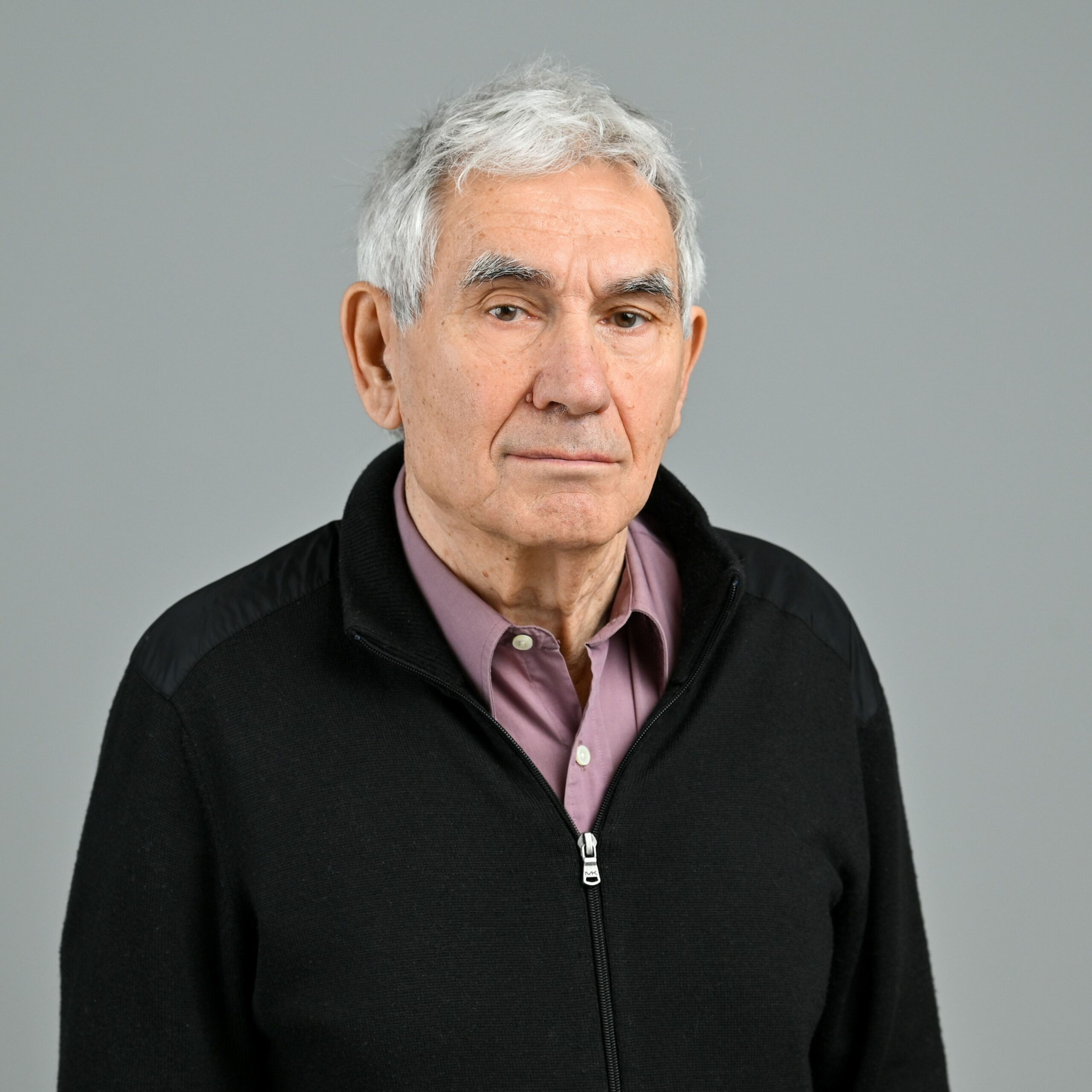
Professor of Sociology at IFiS PAN and Academy Professor of Sociology at The Ohio State University, OSU. He co-directs the Cross-National Studies: Interdisciplinary Research and Training program (CONSIRT, https://consirt.osu.edu/) of OSU and PAN. Maciek initiated the Polish Panel Survey, POLPAN (https://polpan.org/en/), a unique longitudinal study on the transformation of the Polish stratification system after 1989. As Senior Advisor of POLPAN 2023, he oversees the design and implementation of the study’s 8 wave. Maciek is also co-PI of the SDR Project on ex-post harmonization of cross-national survey data, that links OSU and IFiS (https://wp.asc.ohio-state.edu/dataharmonization/).
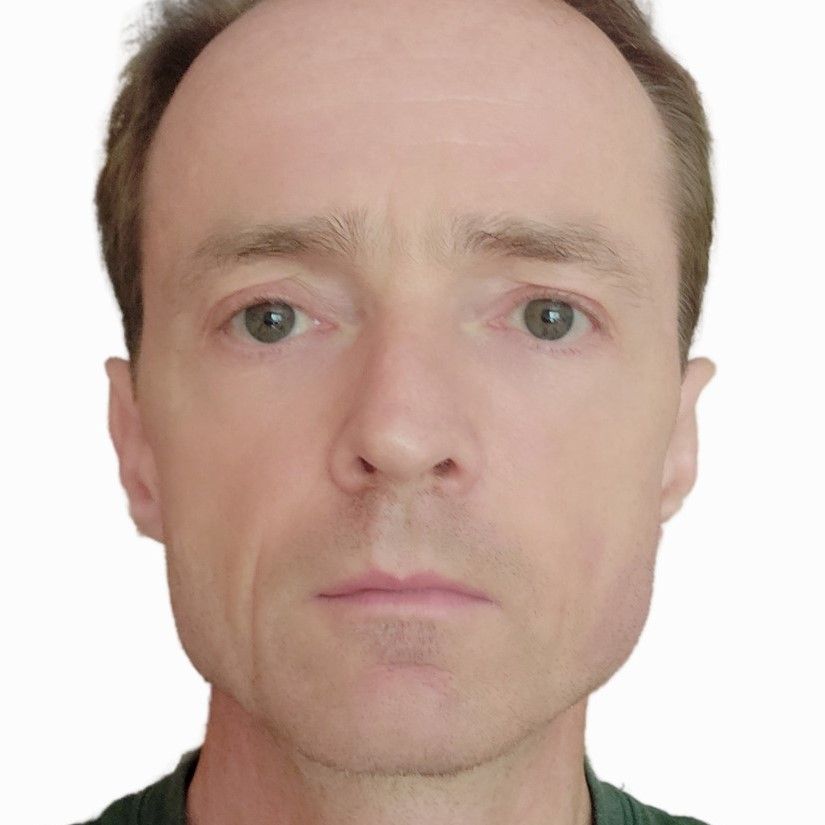
Associate Professor at the Institute of Philosophy and Sociology of the Polish Academy of Sciences, currently Visiting Professor at the Federal University of Uberlandia (Brazil). His interests include Early and French phenomenology and its connections with Modern philosophy (Descartes), Polish and Central European philosophy of the 20th century. He has published, among others, The Neocartesianism of French Phenomenology. Sartre, Merleau-Ponty, Levinas, Henry, Marion. Warsaw. 2014 (in Polish); a special issue of Les Etudes philosophiques entitled “Descartes et la phénoménologie en Pologne et en Europe centrale,” vol. 2, 2017; and Jan Patočka’s Correspondence with Irena Krońska and Krzysztof Michalski. Warsaw 2018. ORCID: 0000-0003-3976-6292
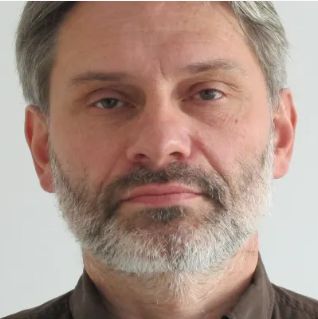
Prof. Tomasz Stryjek is the Head of the Department of Research on Eastern Europe’s History and Memory in IPS PAN, and the Professor of Collegium Civitas.
Three topics that together form the area of his research interests are:
– the place of historical narratives and collective memory in shaping contemporary collective identities (memory policy),
– the idea of the nation, the ideology of nationalism, and their functioning in politics,
– ways of development of Central and Eastern European nation states since 1989-91, including Ukraine, other countries of the former Russian Empire/USSR, and Western Balkan countries.
E-mail: tstryjek@wp.pl
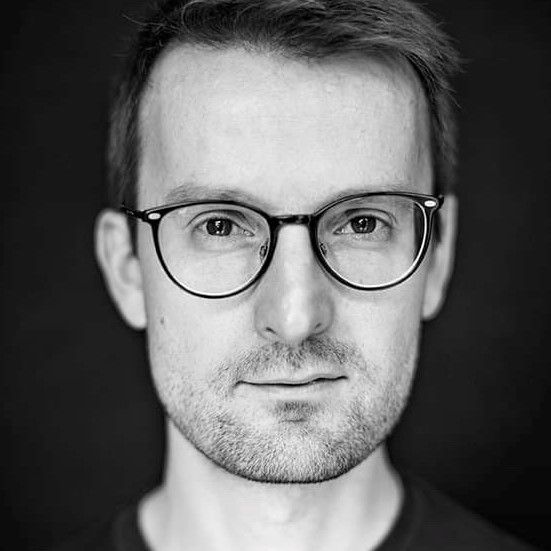
Email: ptomalski@psych.pan.pl
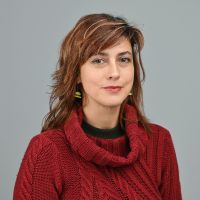
Professor of sociology of IFiS PAN and director of the Graduate School for Social Research, GSSR (gssr.edu.pl). Irina is PI of the project “Structures and Futures: The Polish Panel Survey, POLPAN 1988-2023” (polpan.org), funded by Poland’s National Science Centre (2022/45/B/HS6/04090), and co-PI of the SDR Project on ex-post harmonization of cross-national survey data, funded by the US National Science Foundation (NSF# 1738502, https://wp.asc.ohio-state.edu/dataharmonization/). She also co-directs the Cross-national Studies: Interdisciplinary Research and Training program (CONSIRT, https://consirt.osu.edu/) of OSU and PAN.
Email: dubrow.4@osu.edu.pl

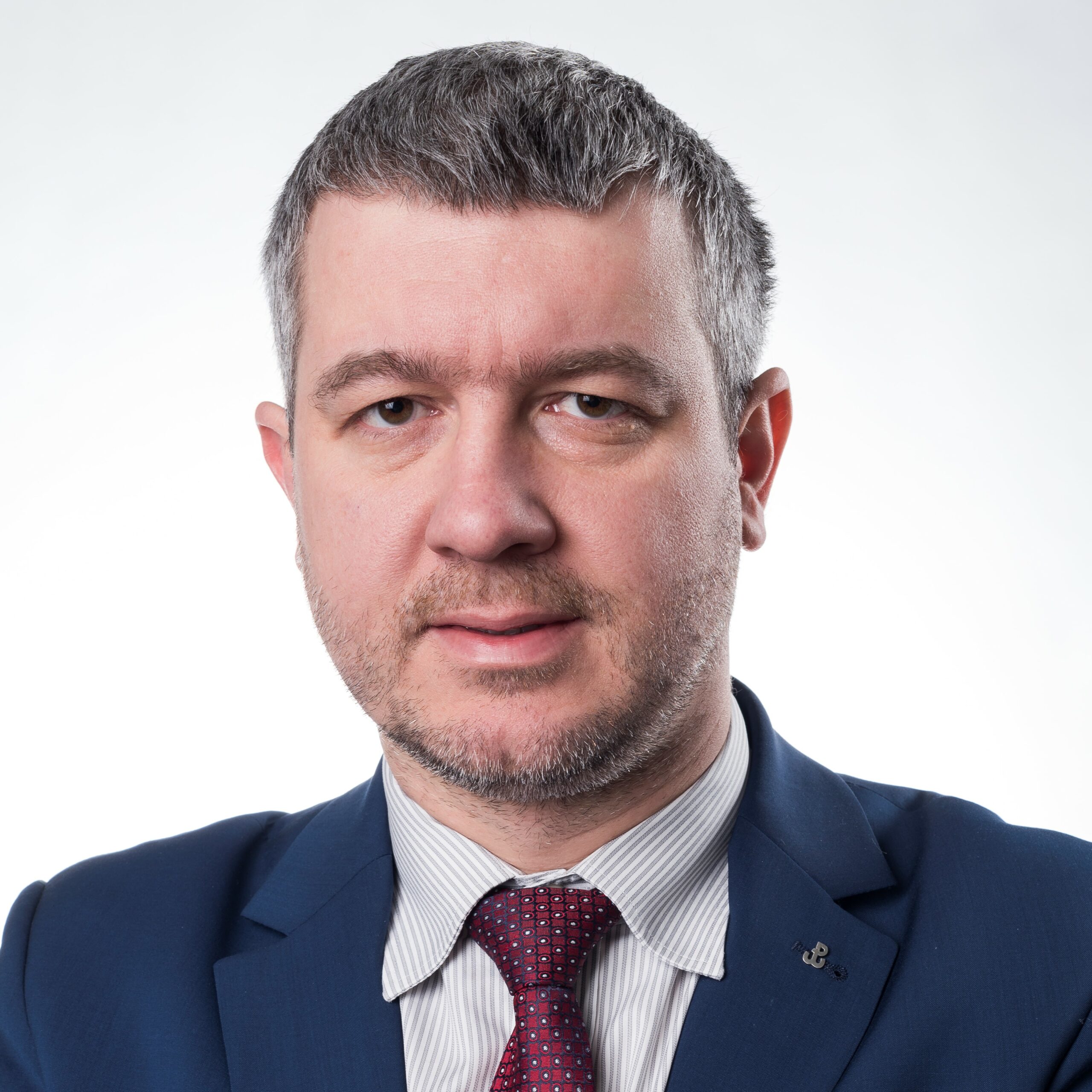
Political scientist, historian. Assistant professor at the Institute of Political Studies Polish Academy of Sciences, Head of the Department of Central and Eastern Europe and Post-Soviet Research. Deputy Director of the Warsaw Rising Museum (2004-2014 and since 2016). 2014-2016 vice-president of the Institute of National Remembrance, 2011-2017 and since 2021 Member of the Executive Board of the Platform of European Remembrance and Conscience (PEMC), 2019-2021 Chairman of the Supervisory Board of PEMC. Lecturer in Collegium Civitas university (2002-2014) and Graduate School for Social Research (since 2020).
E-mail: ukielski@poczta.onet.pl

Dr. Anastas Vangeli, a GSSR graduate, is an Assistant Professor at the School of Economics and Business, University of Ljubljana, Slovenia, focusing on Global China and its ideational impact abroad, Europe-China relations, economic nationalism, and non-market strategy in the age of global uncertainty. Anastas is also a Research Fellow at the EU*Asia Institute at the ESSCA School of Management, Angers and Shanghai, and a Senior Non-Resident Fellow at the Torino World Affairs Institute. He has been affiliated with CONSIRT (consirt.osu.edu).
E-mail: anastas.vangeli@ef.uni-lj.si

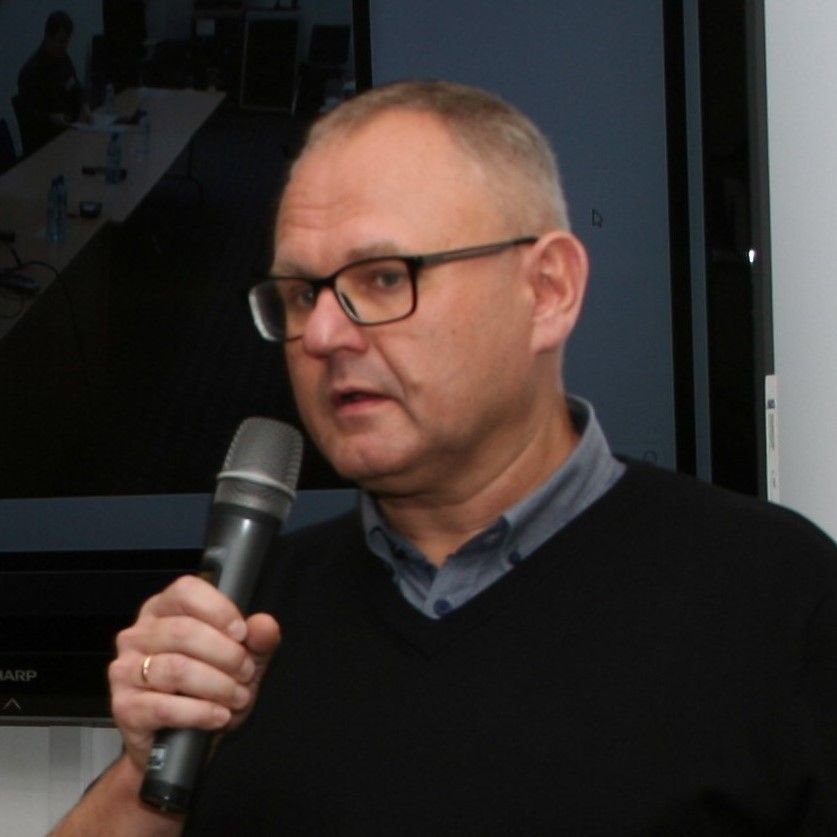
Szymon Wróbel is a full professor of philosophy at the Faculty of “Artes Liberales” at the University of Warsaw and the Institute of Philosophy and Sociology of the Polish Academy of Sciences. He is the author of numerous books and articles published in various scientific journals. Together with Krzysztof Skonieczny, he is co-editor of three books – “Atheism Revisited. Rethinking Modernity and Inventing New Modes of Life” (Palgrave Macmillan 2020), “Living and Thinking in the Post-Digital World” (Universitas 2021), and “Regimes of Capital in the Postdigital Age” (Routledge, forthcoming). Currently, he is the head of the experimental Laboratory of Techno-Humanities at the Faculty of Artes Liberales, where for several years he has been carrying out the “Technology and Socialization” project. Technology and Socialization – Techno-Humanities Lab Research Project (uw.edu.pl)
E-mail: wrobelsz@gmail.com

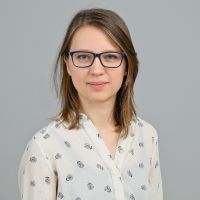
Ilona Wysmulek is an Assistant Professor at IFIS PAN and a sociologist specializing in research on corruption, meritocracy, survey data harmonization, and comparative analysis. She has been a lecturer at GSSR since 2019, where she co-teaches a compulsory course on Empirical Research in the Social Sciences covering research design, implementation, and write-up. Ilona is also involved in the GSSR Doctoral School IFIS PAN as an Advisory Board member and coordinates the GSSR Study Group for Ukraine Program.
E-mail: ilona.wysmulek@ifispan.edu.pl

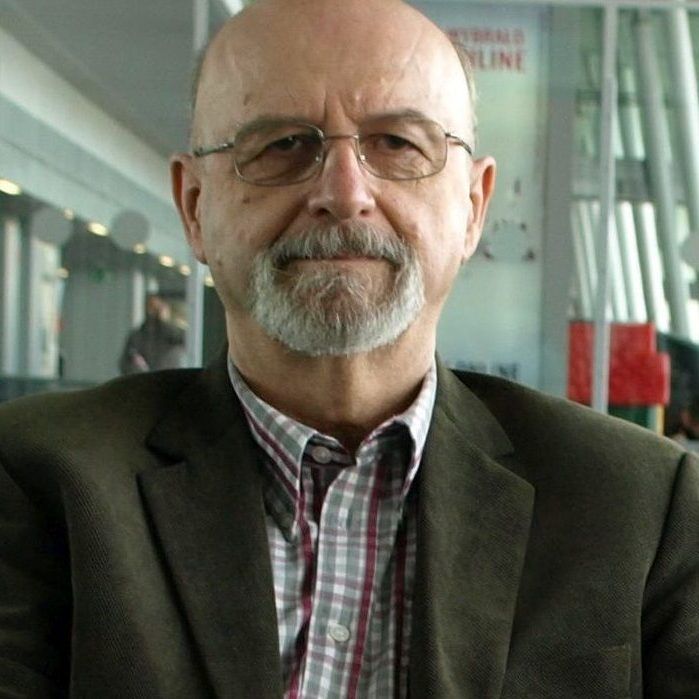
Employed at the Institute of Political Studies, Polish Academy of Sciences, Section on Europe (Zakład Europeistyki). Head of Educational Department.
Research interests: Islands and divided territories (special territories), small countries (Western Europe), countries of the Dutch-speaking area (political systems and political history).
Statutory task for 2021–2024: “The Colonial Heritage of the Kingdom of the Netherlands. Netherlands Antilles after the political reform in 2010”.
Latest publication: Antyle Holenderskie. Słoneczna strona Królestwa Niderlandów, Europa w skali mikro, nr 3, ISP PAN, Warszawa 2022, pp. 840.
E-mail: rzeli@isppan.waw.pl
